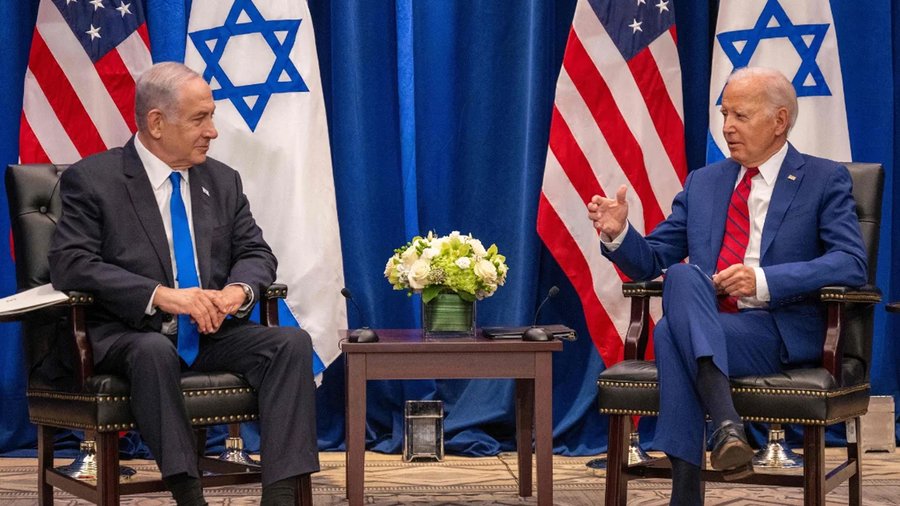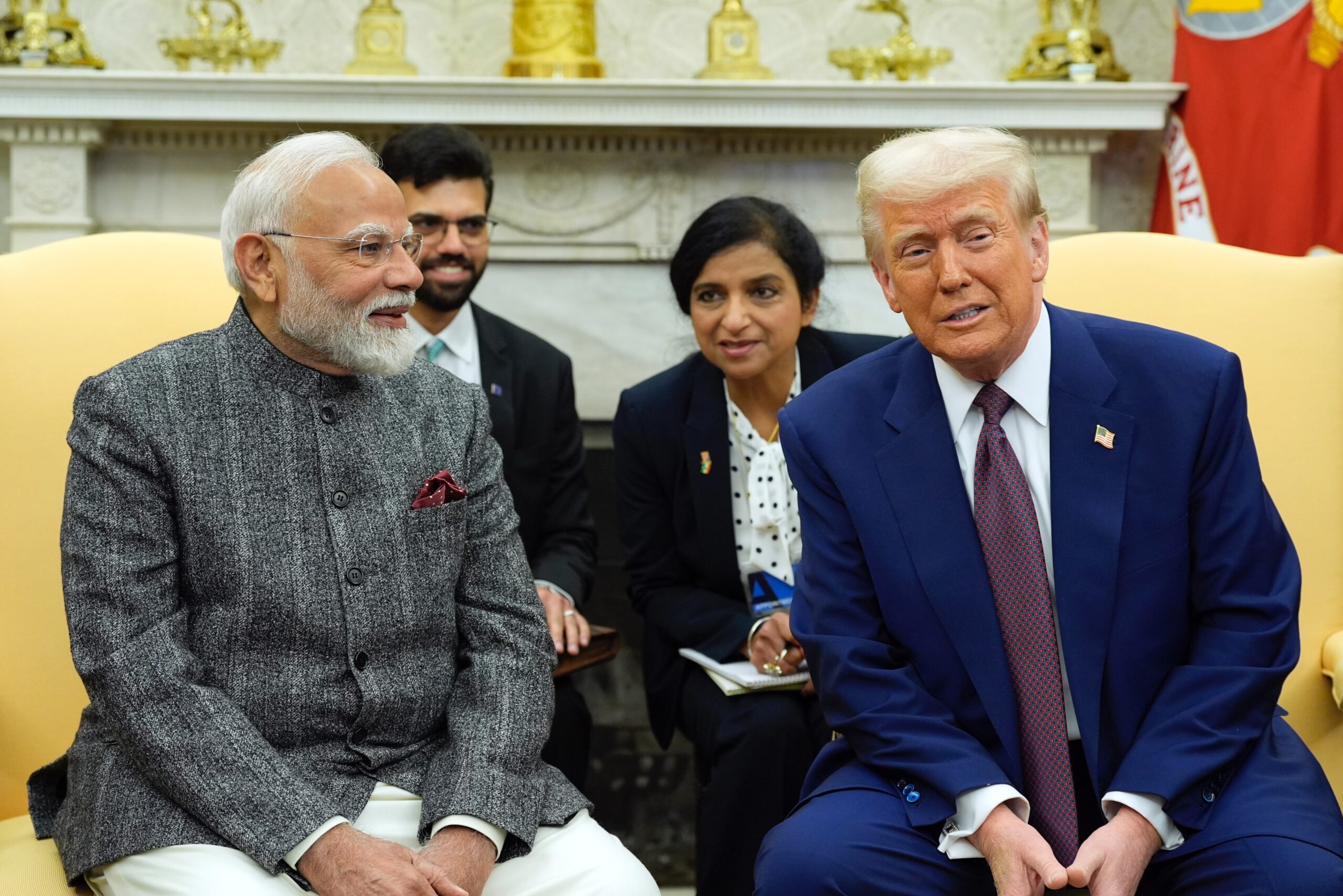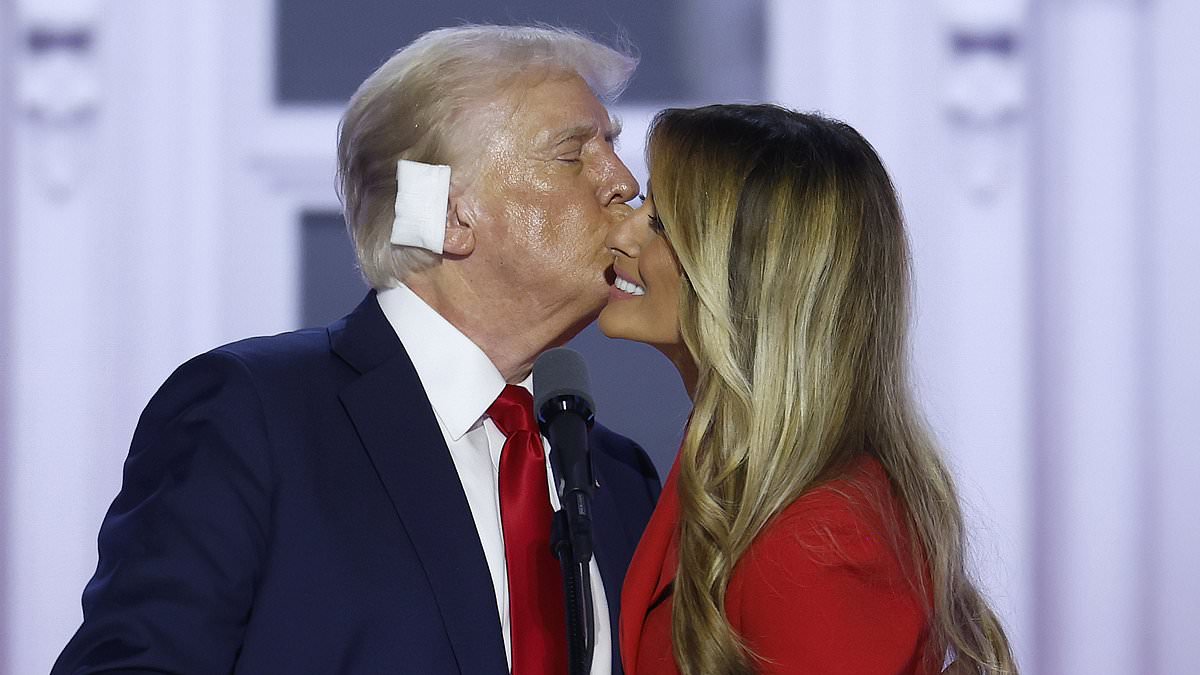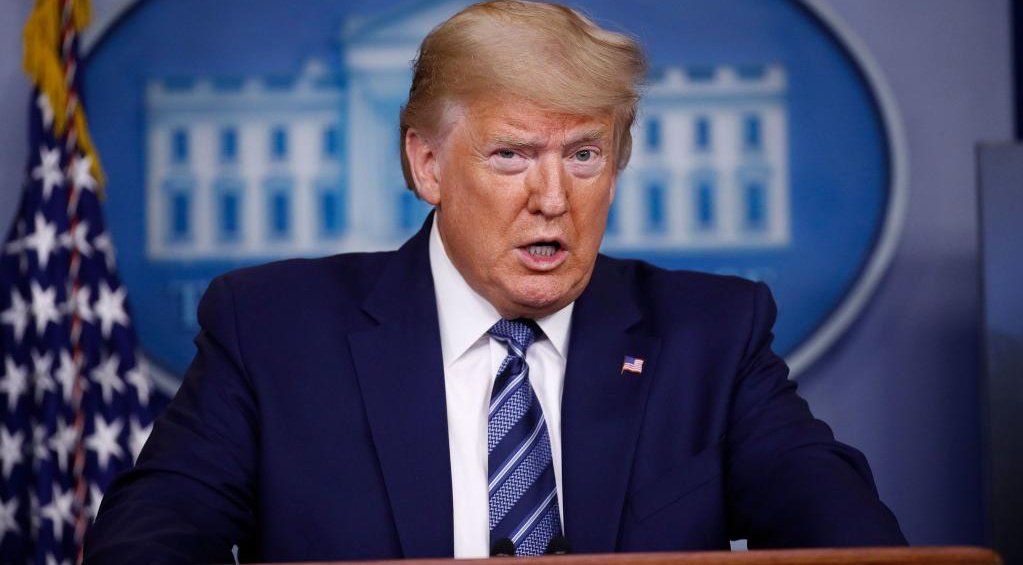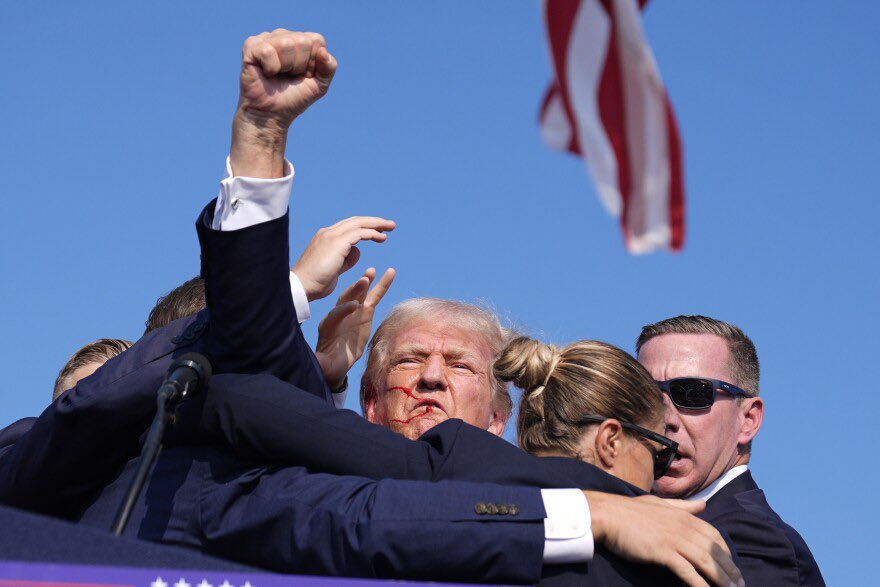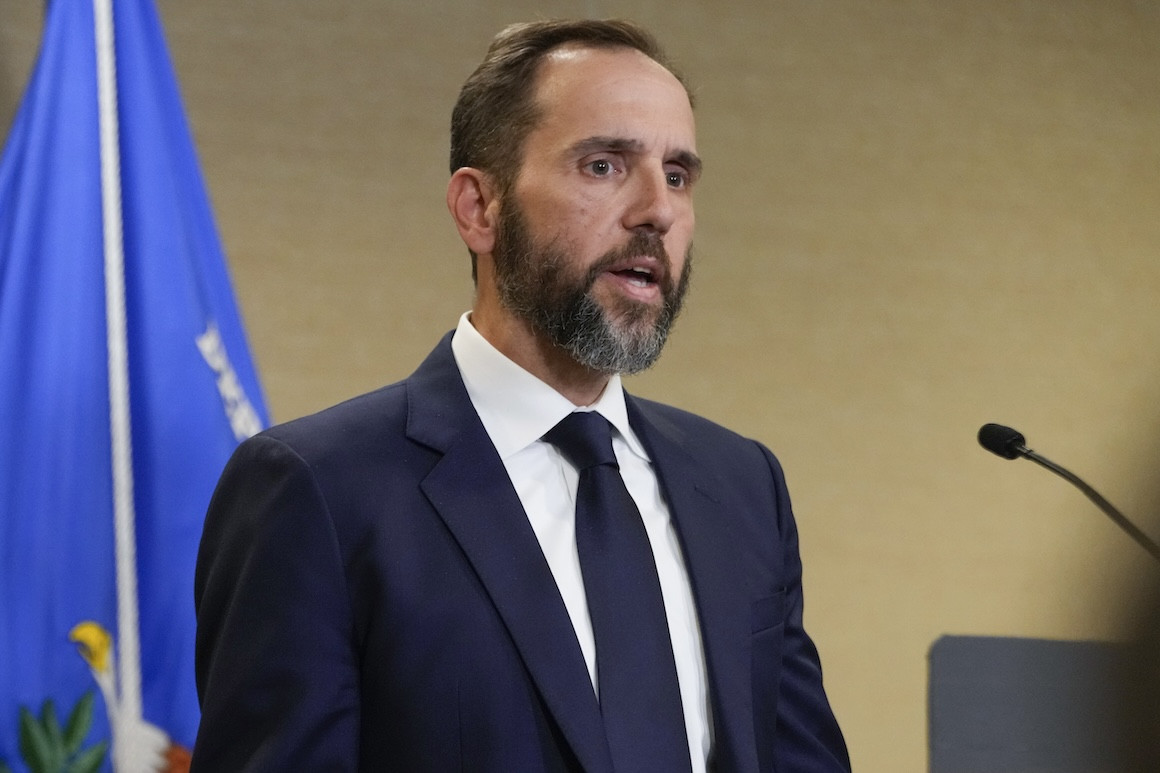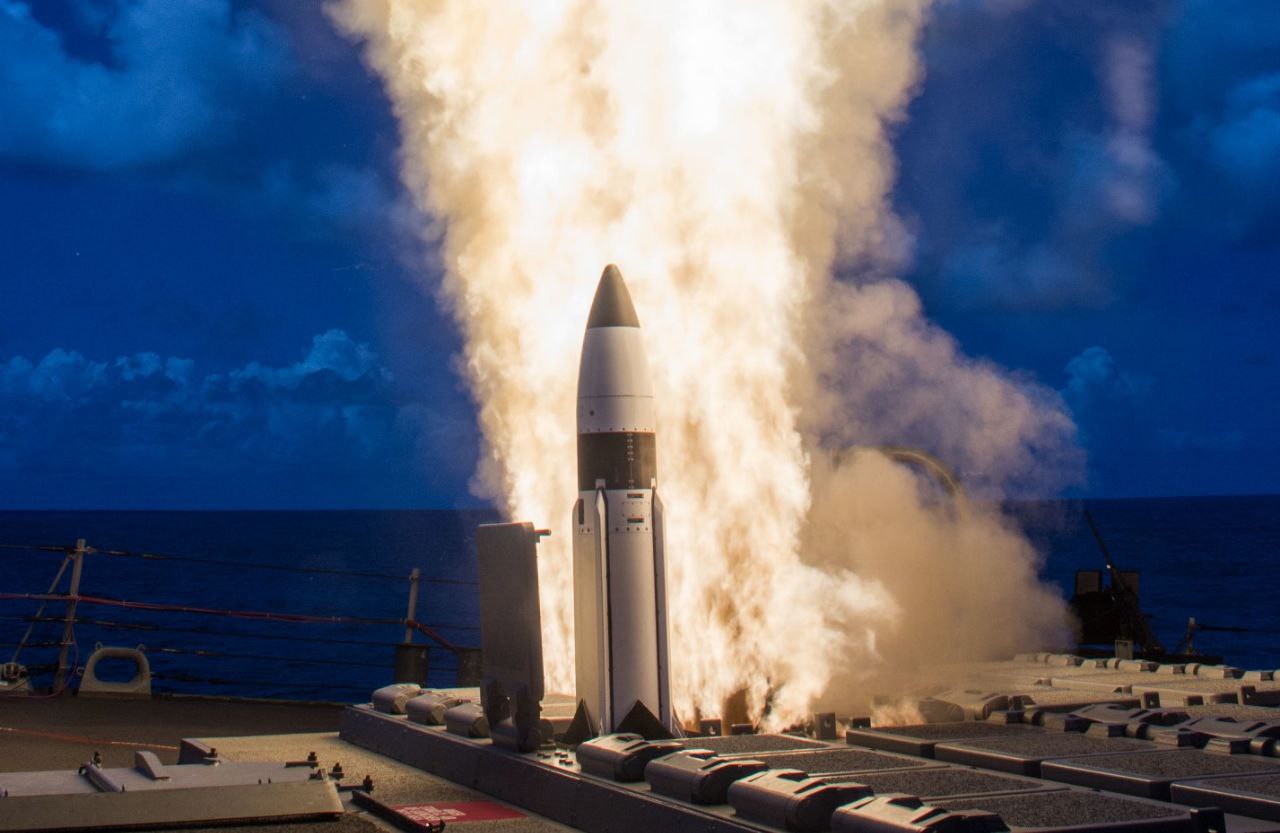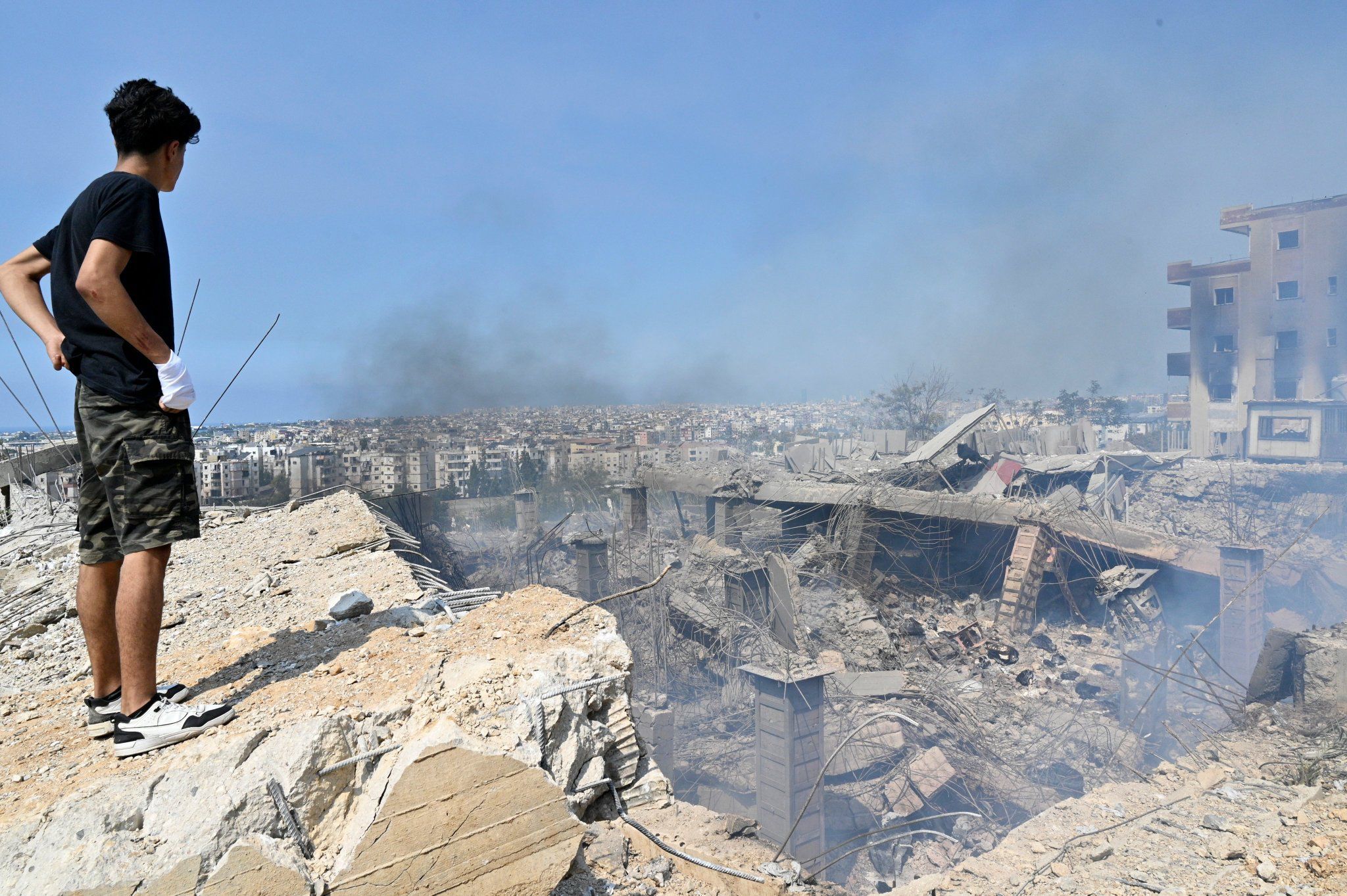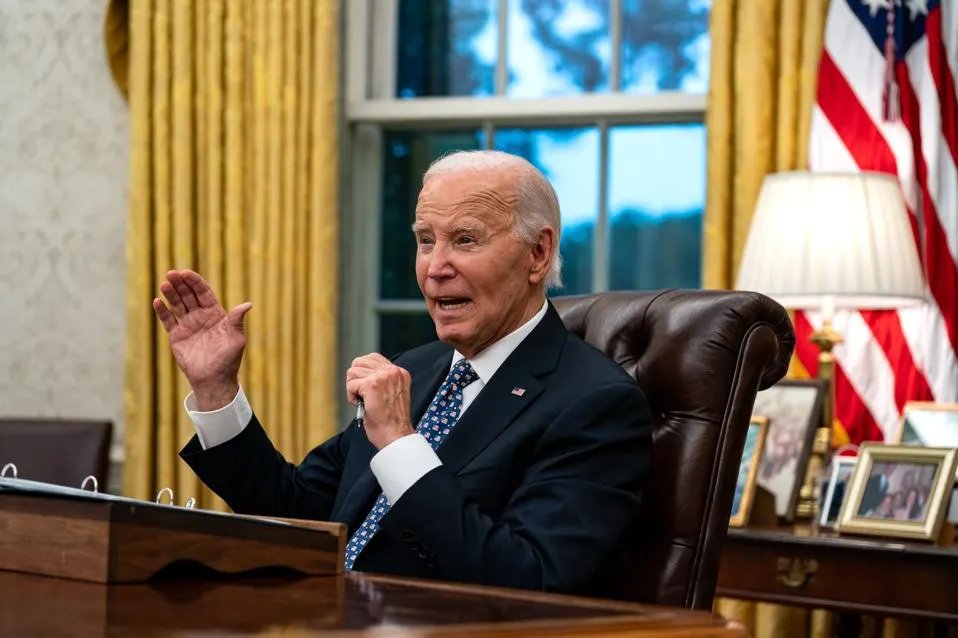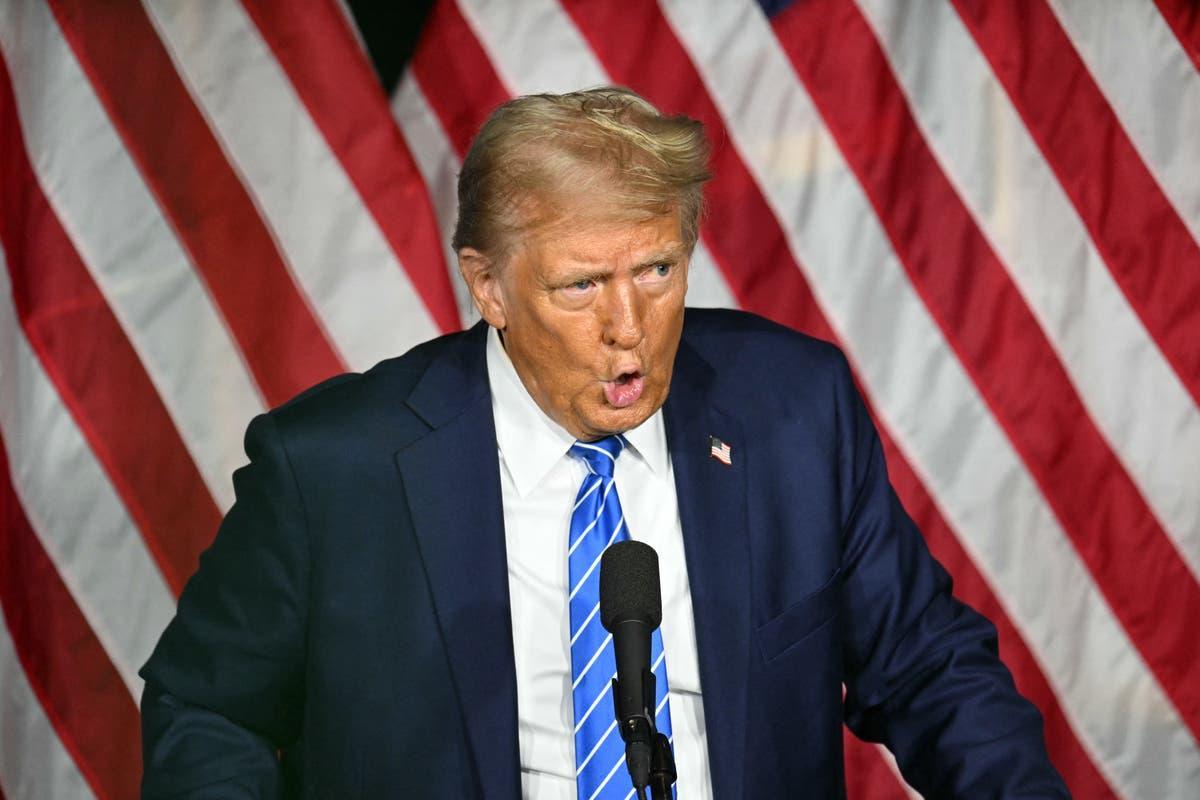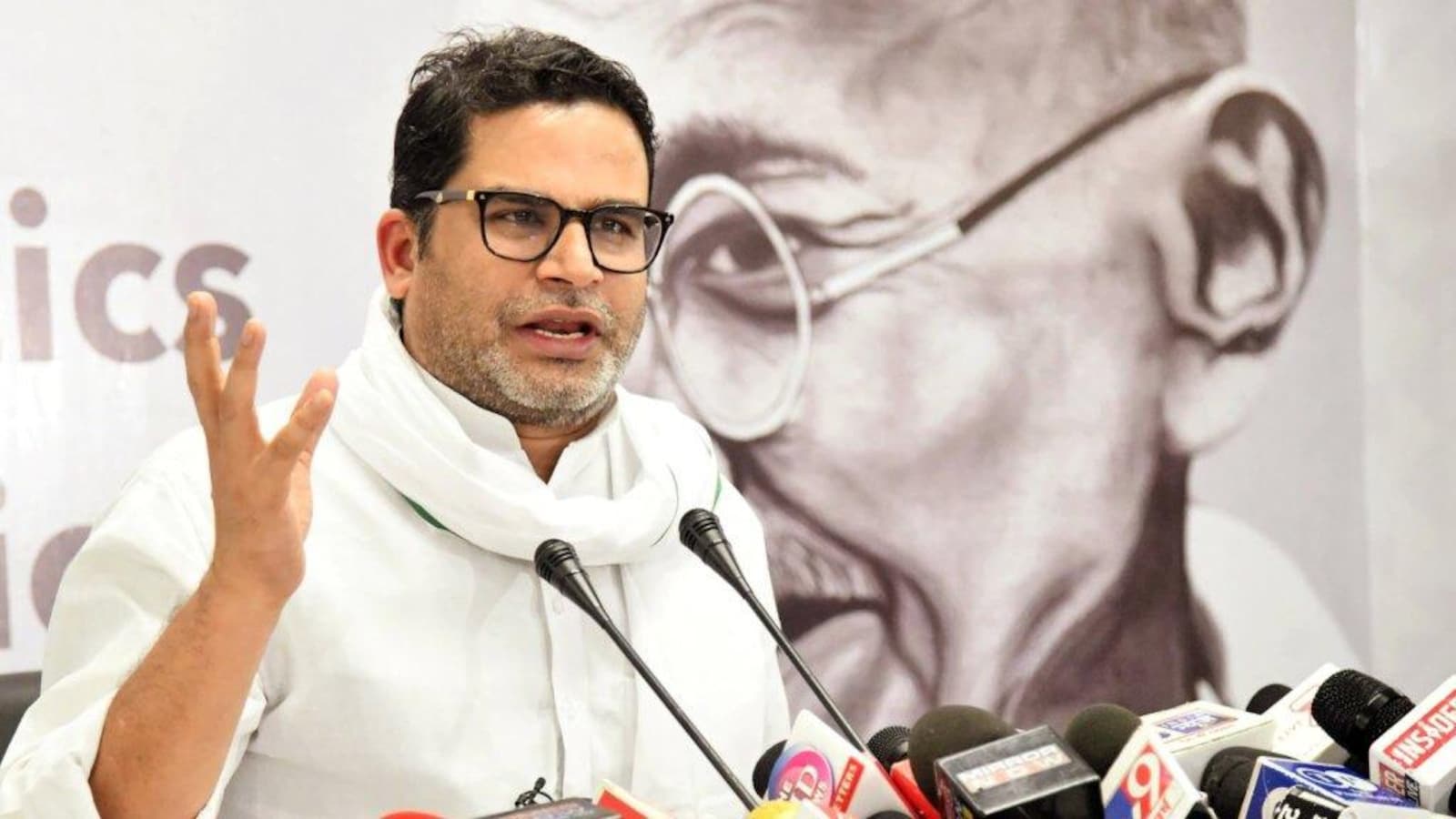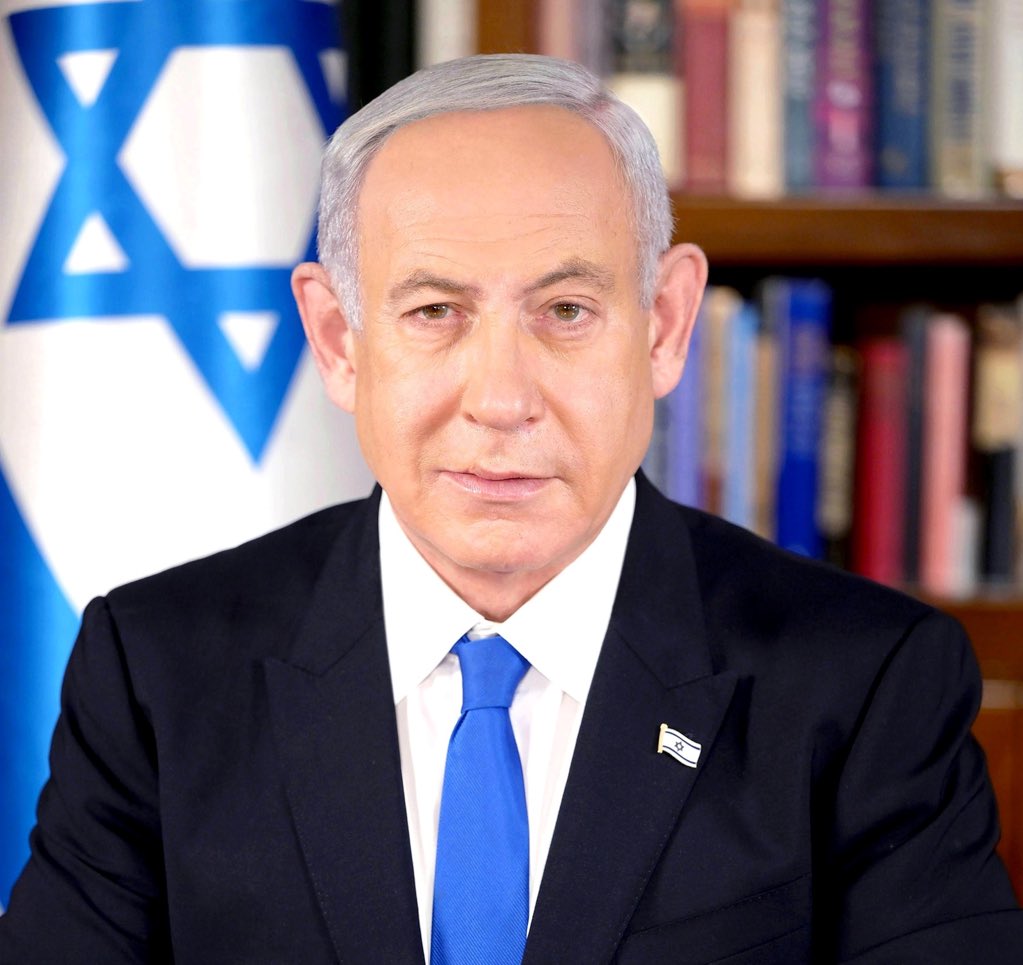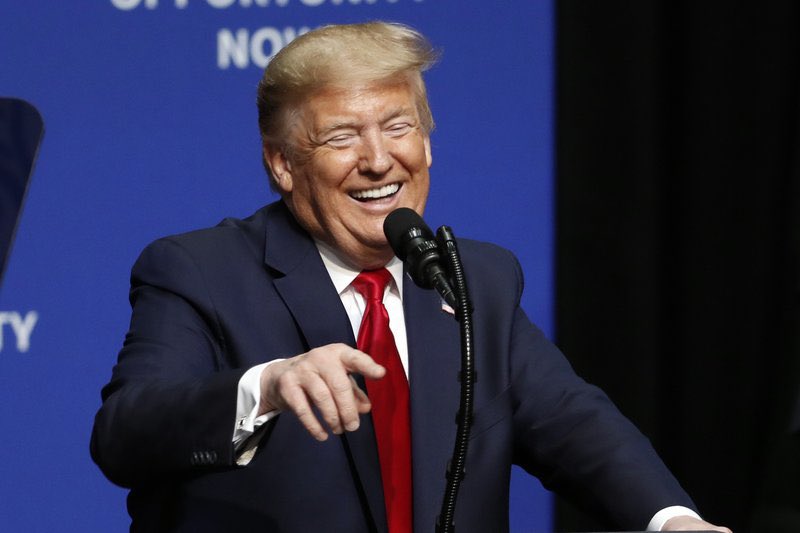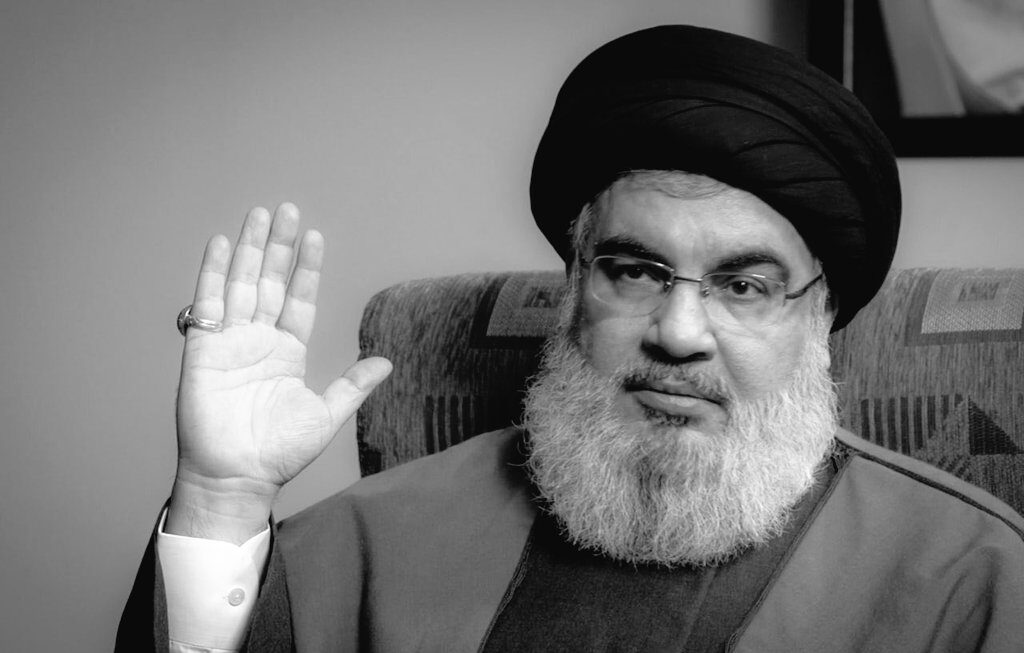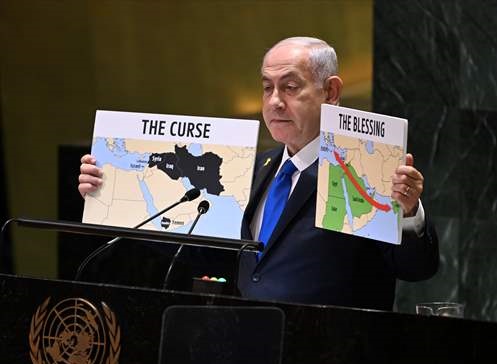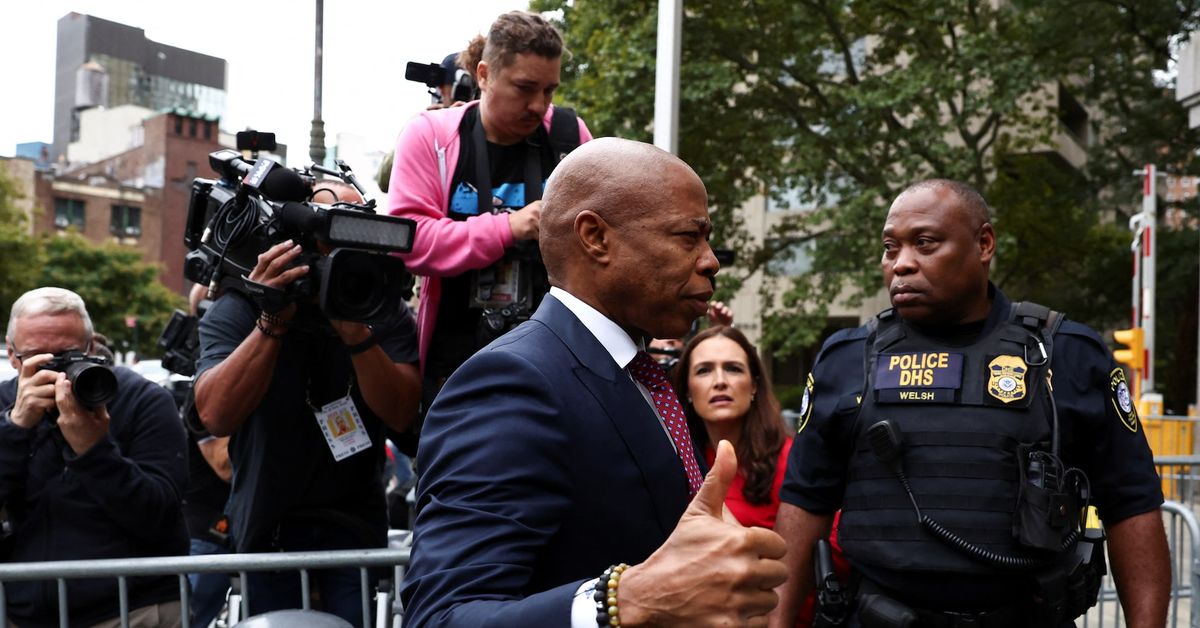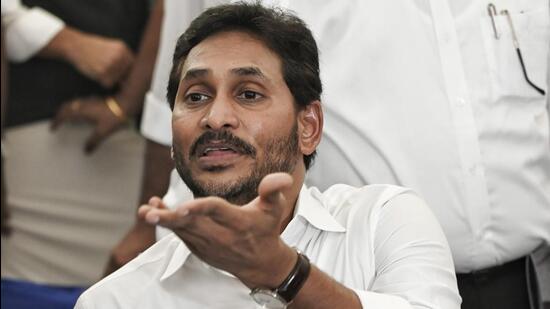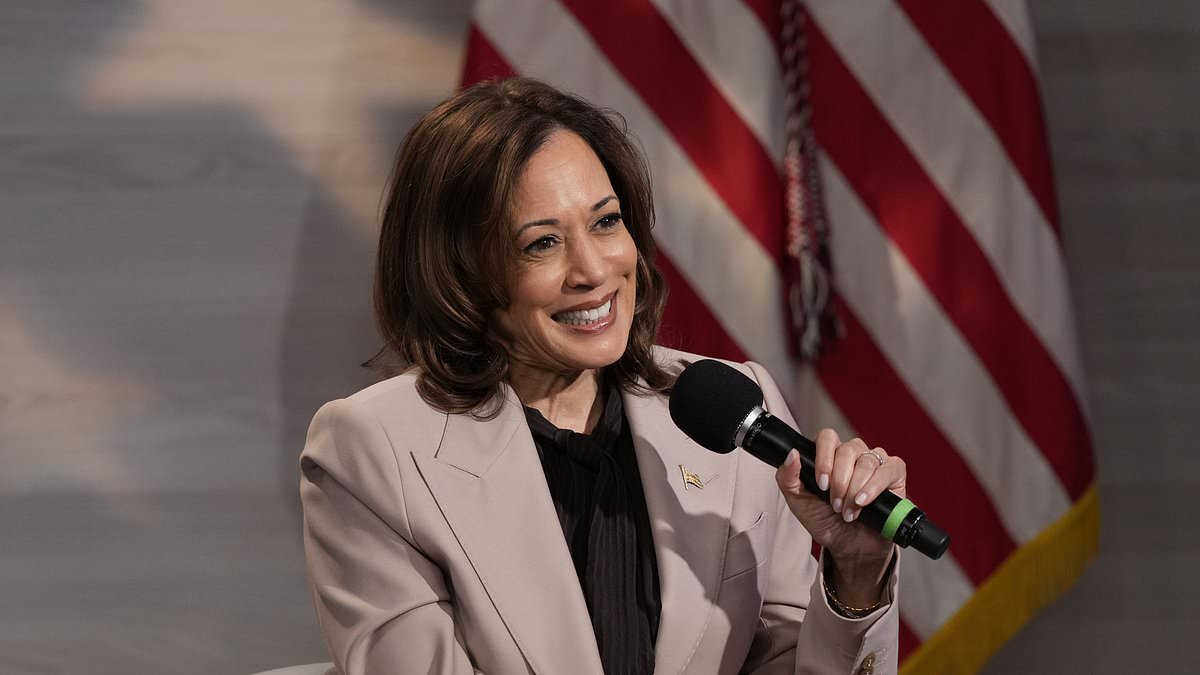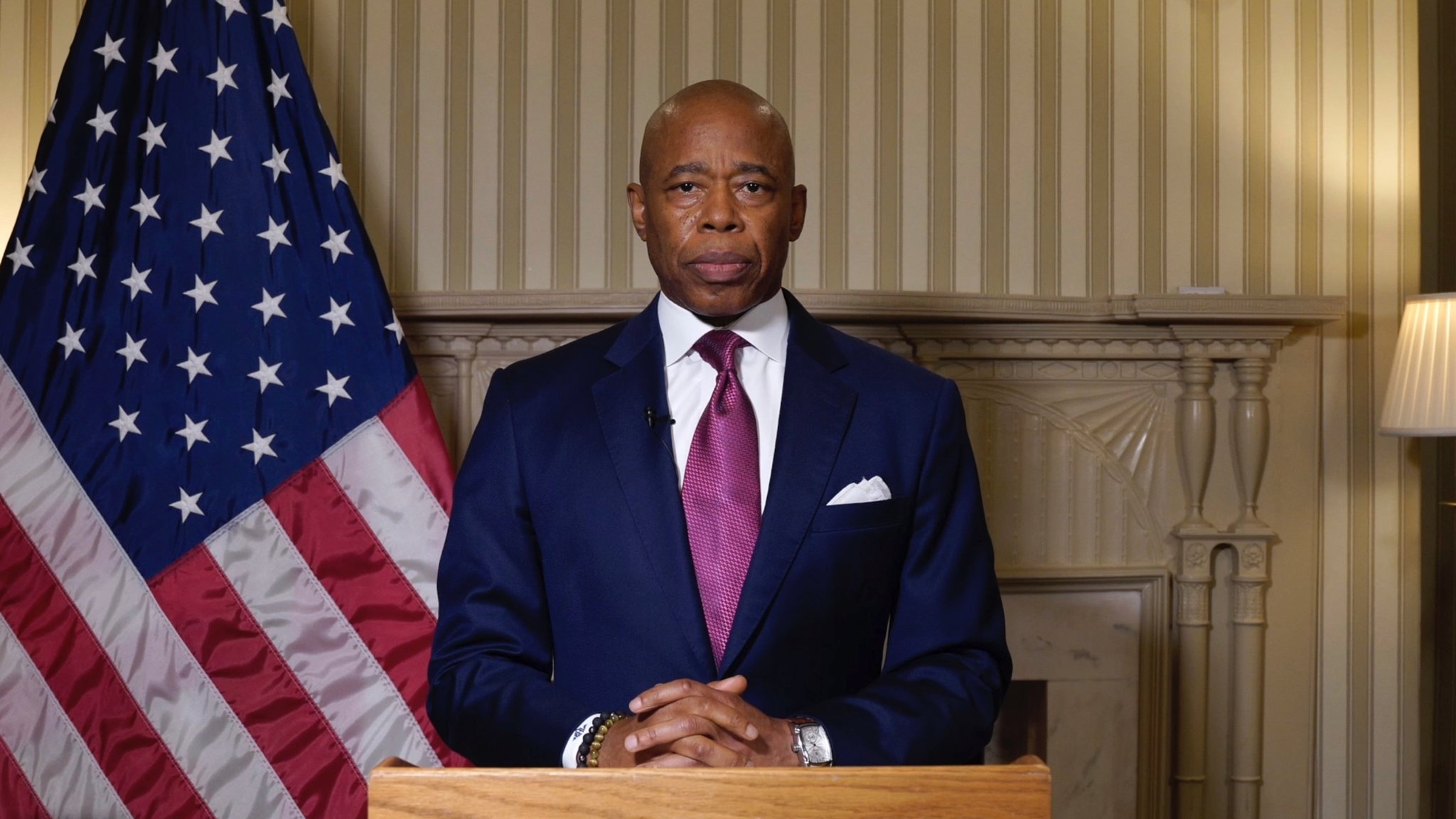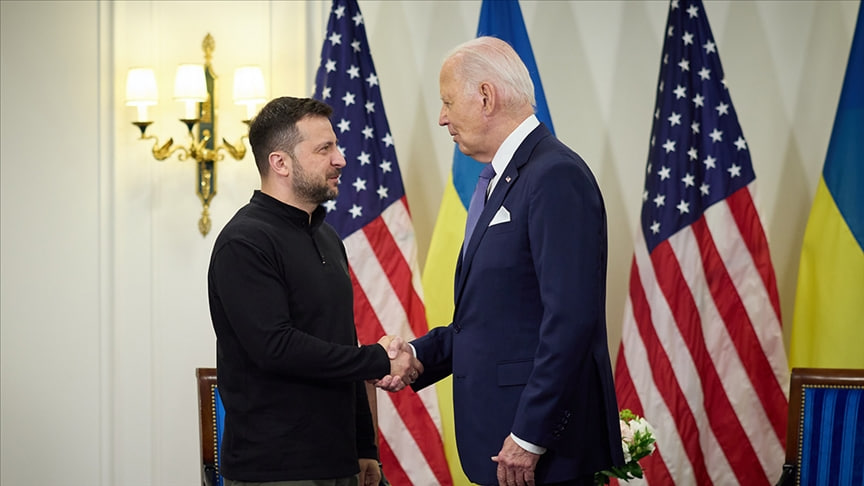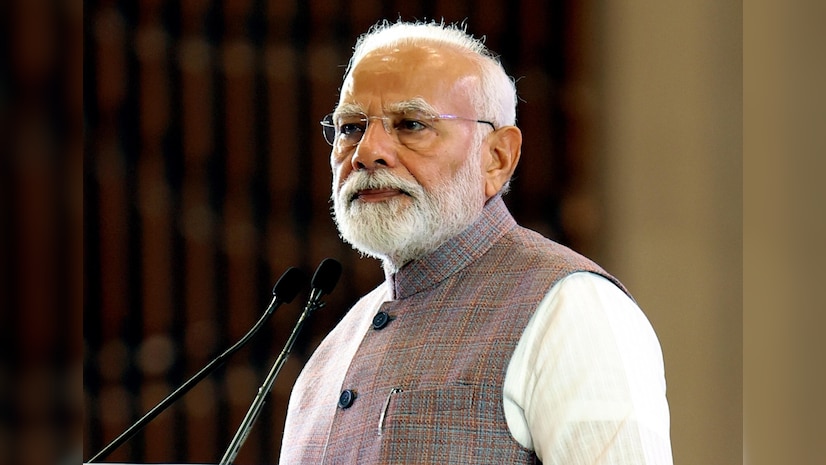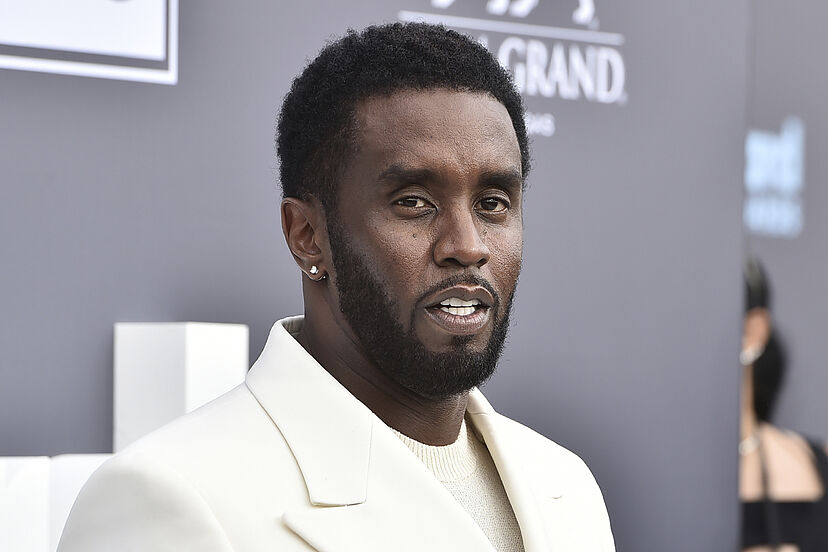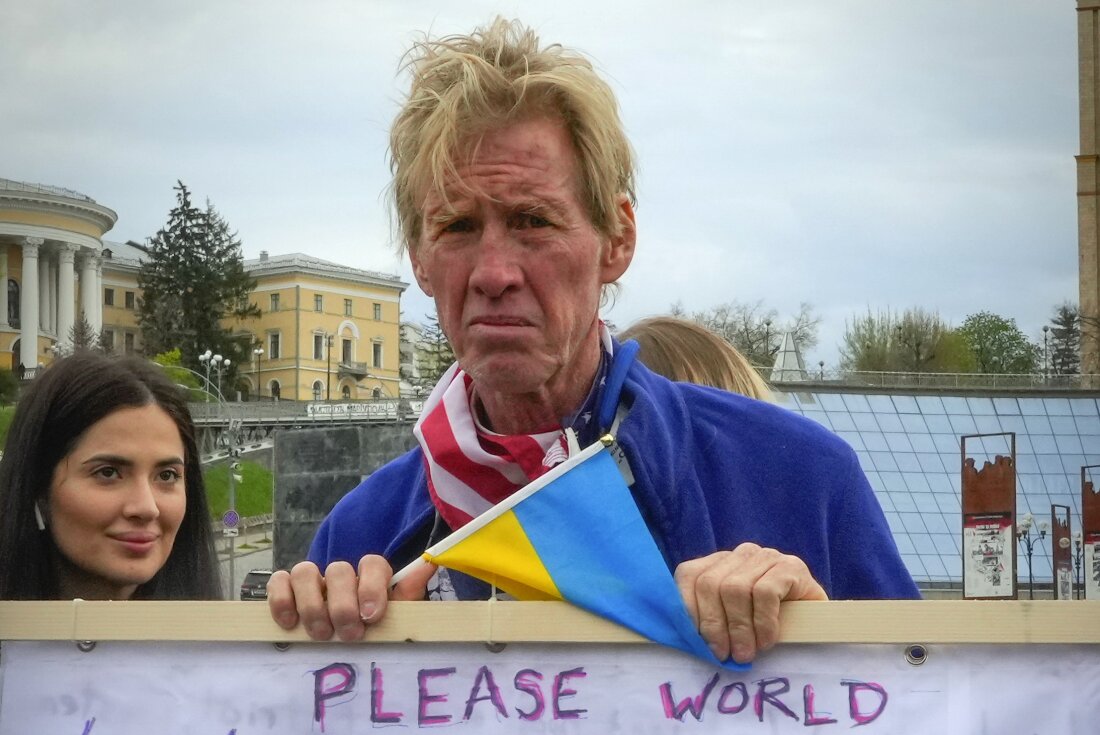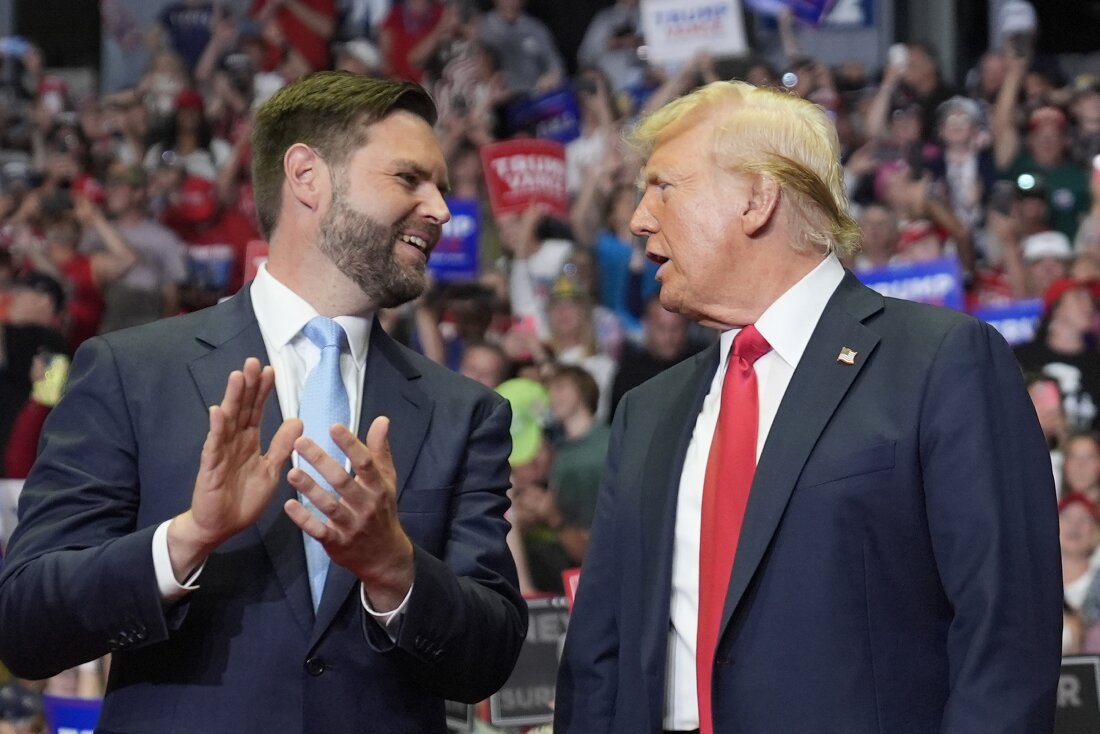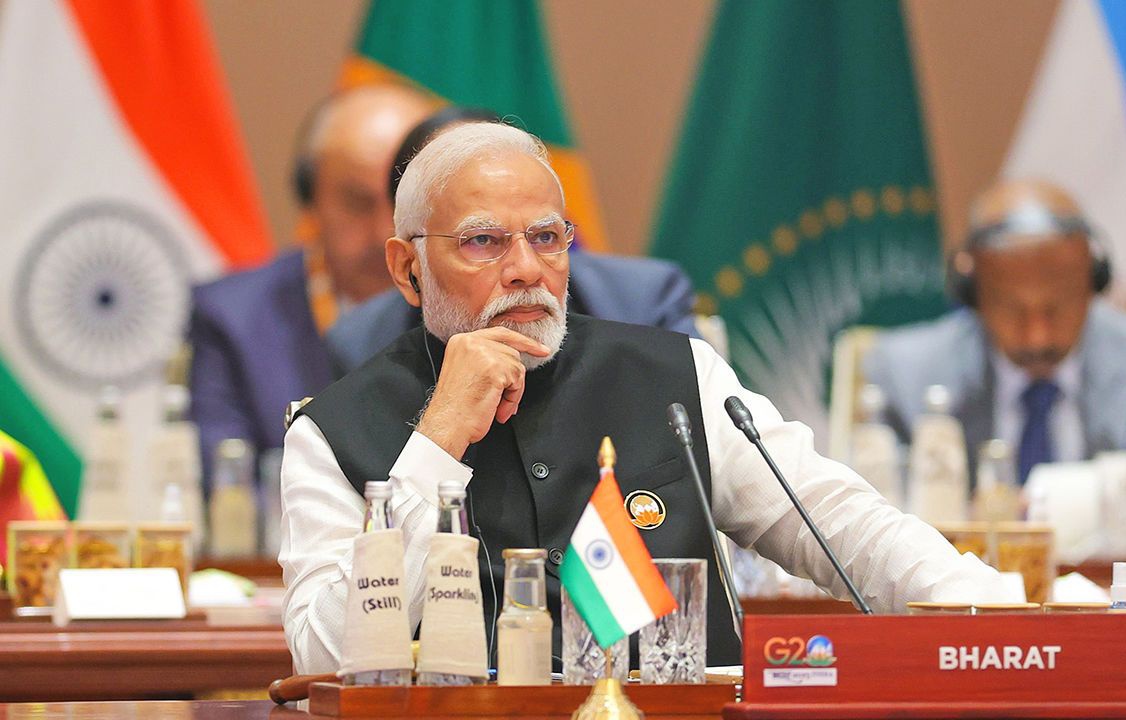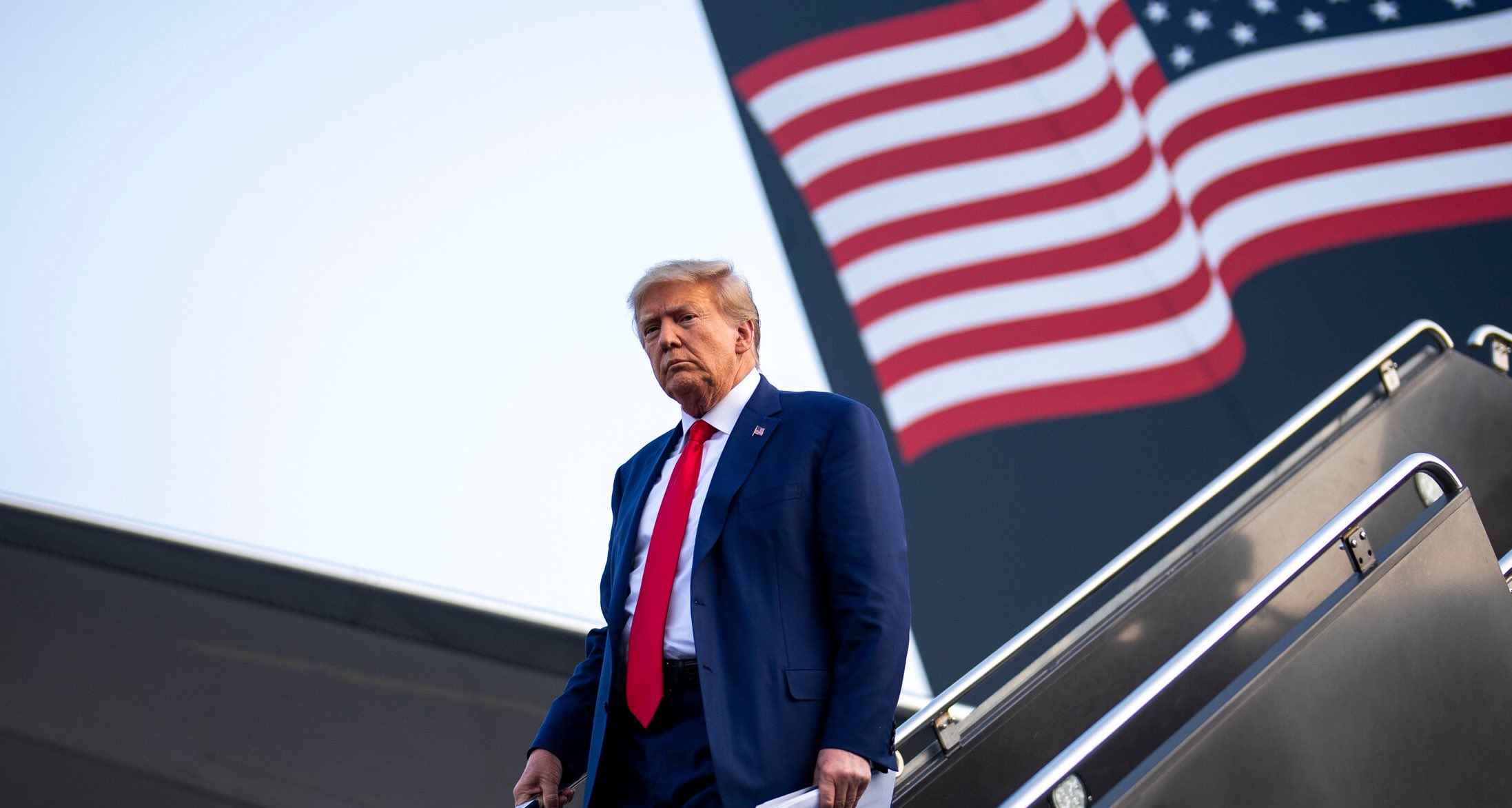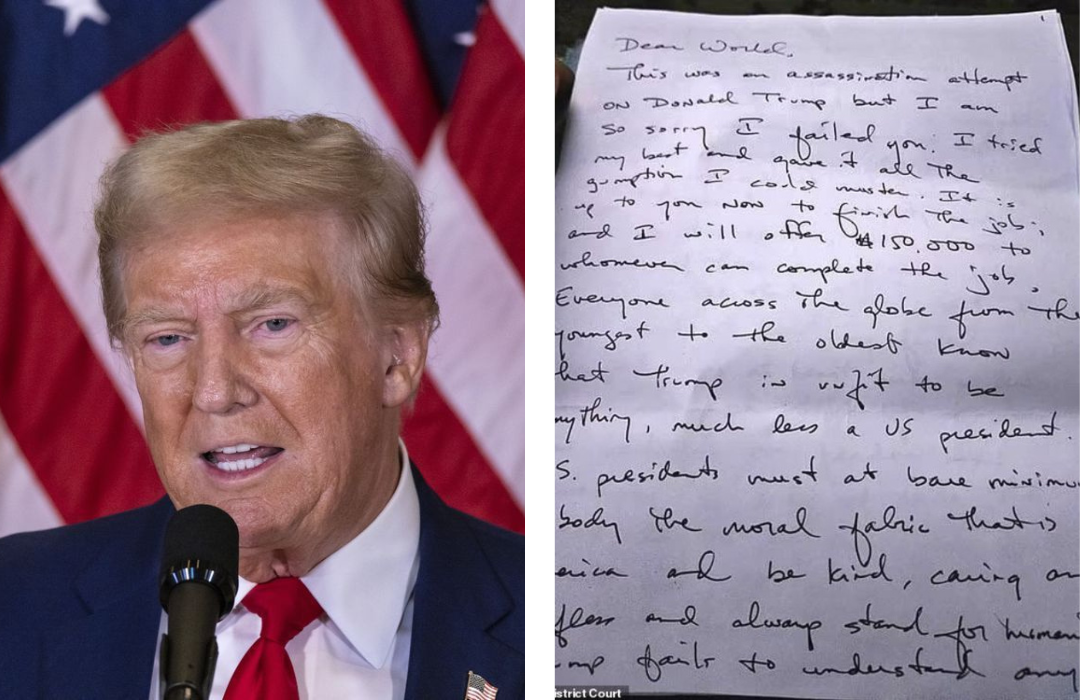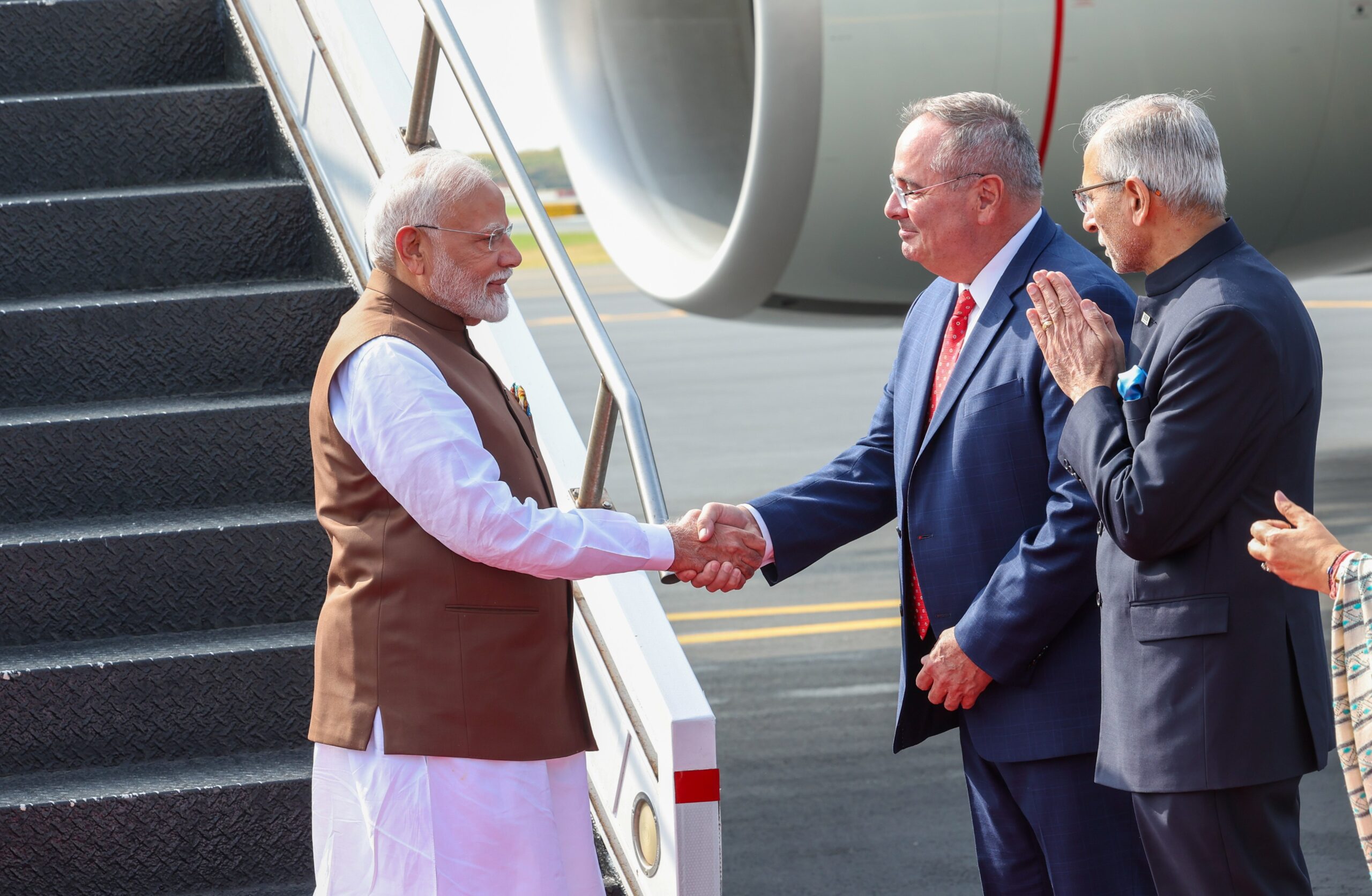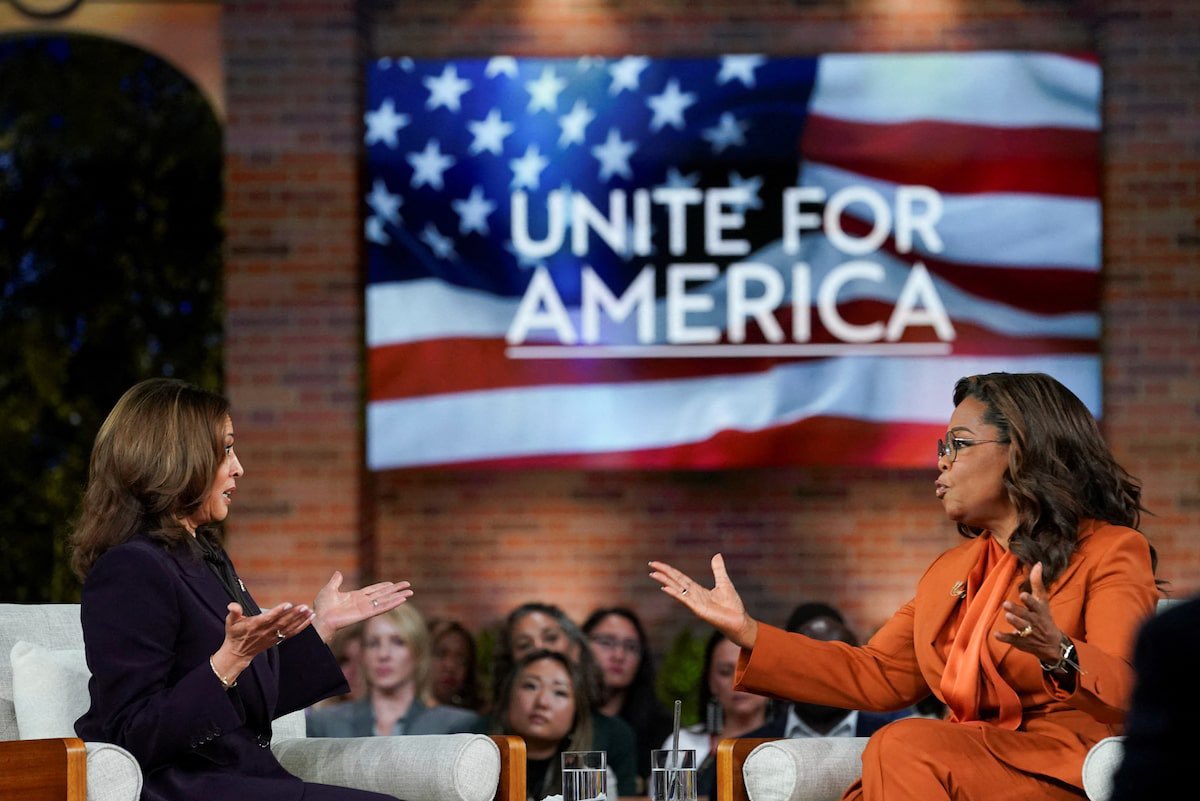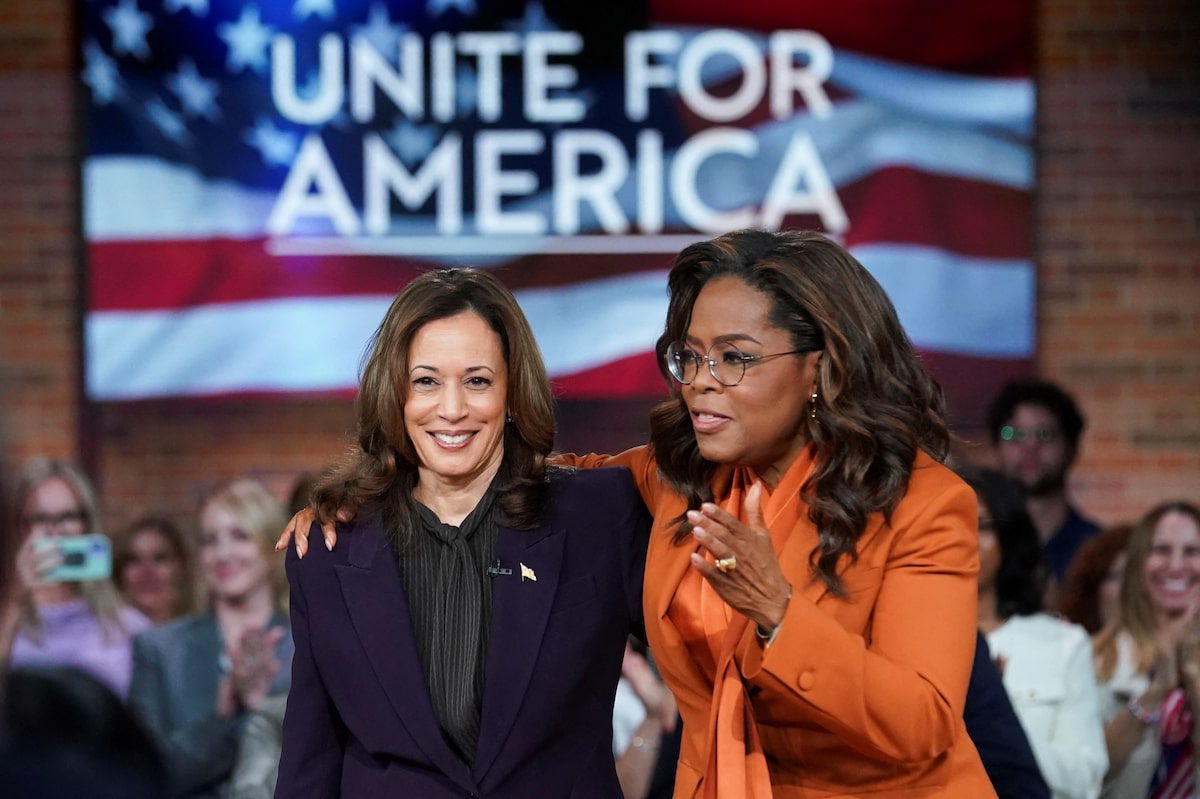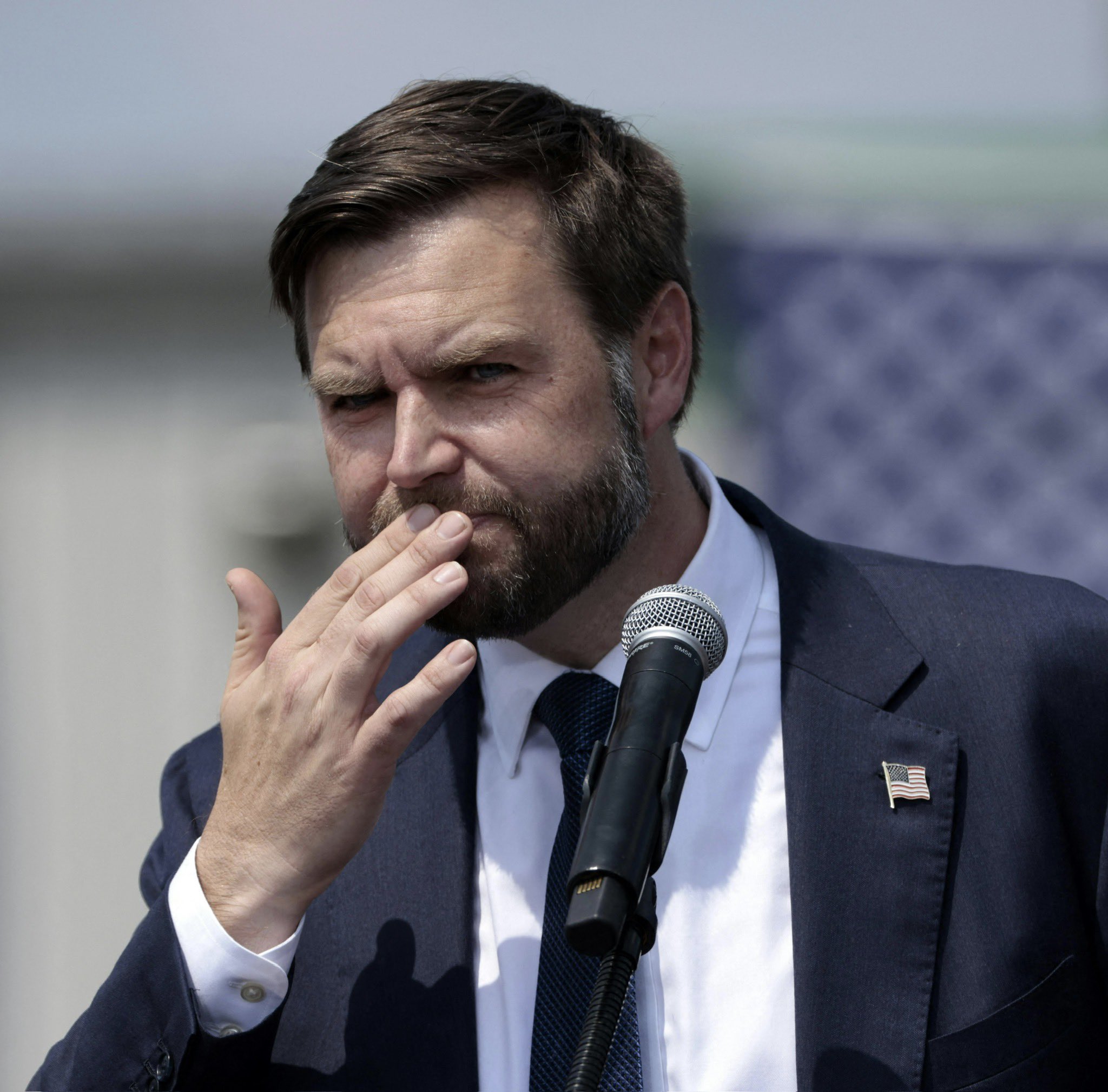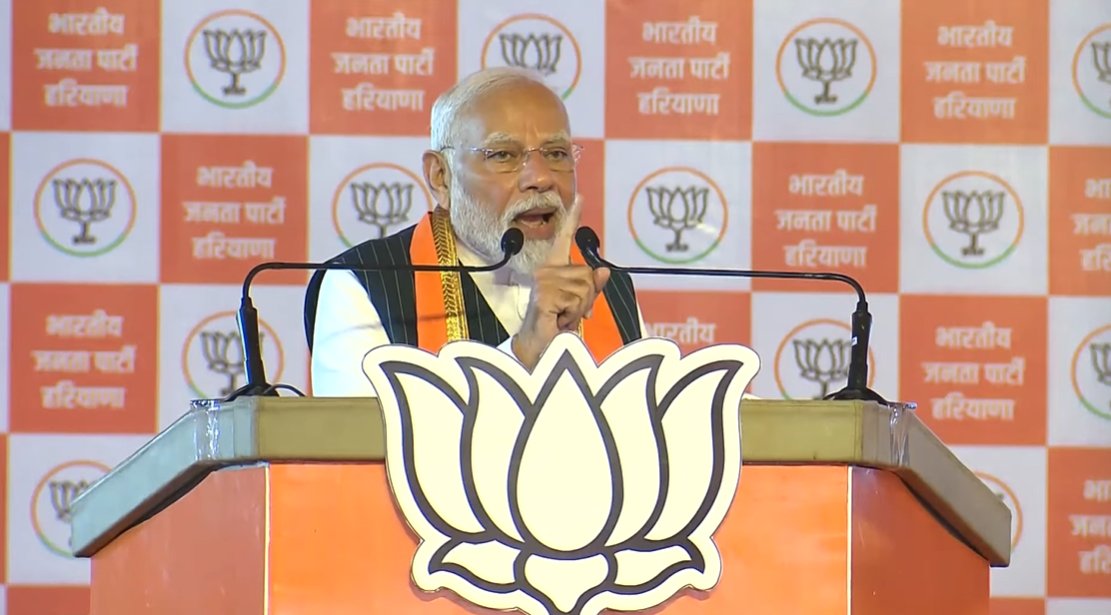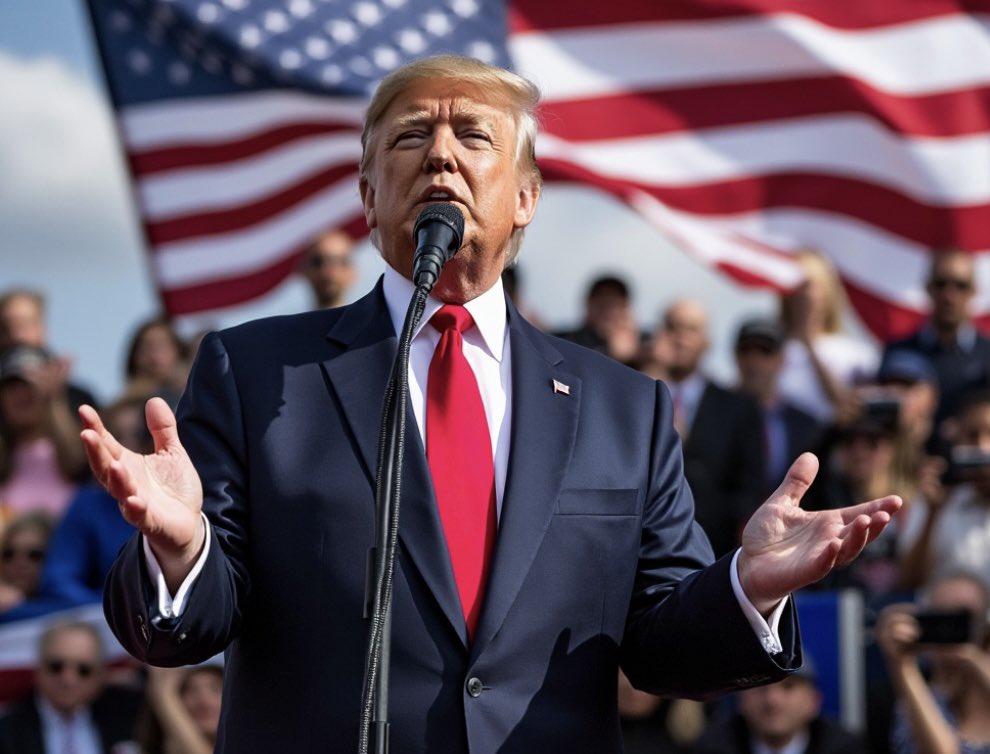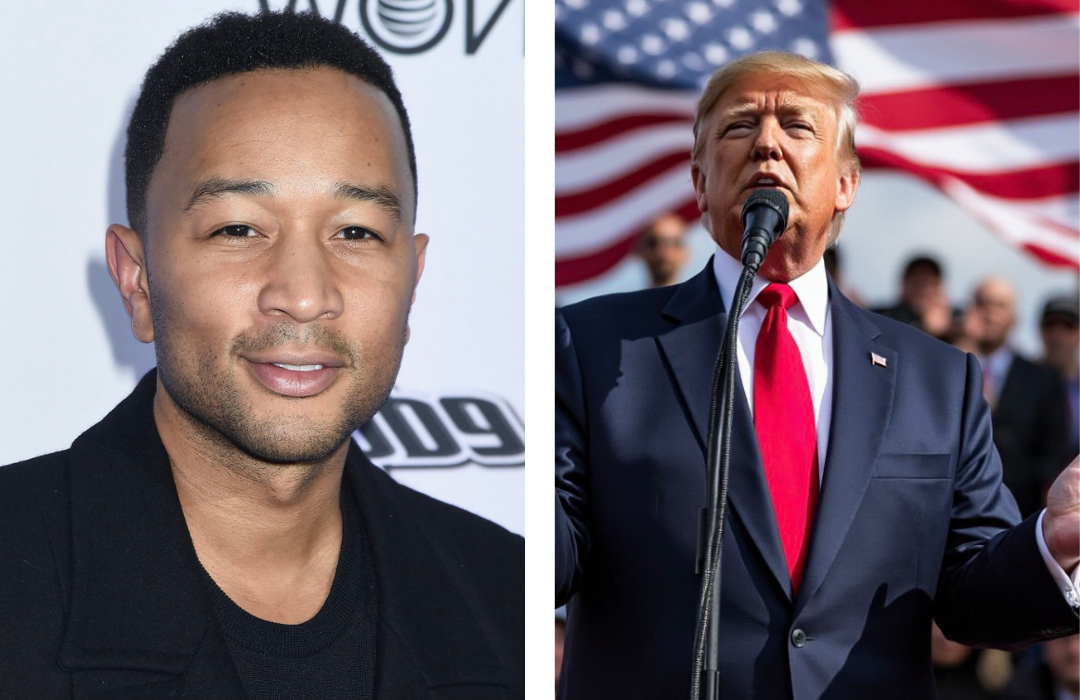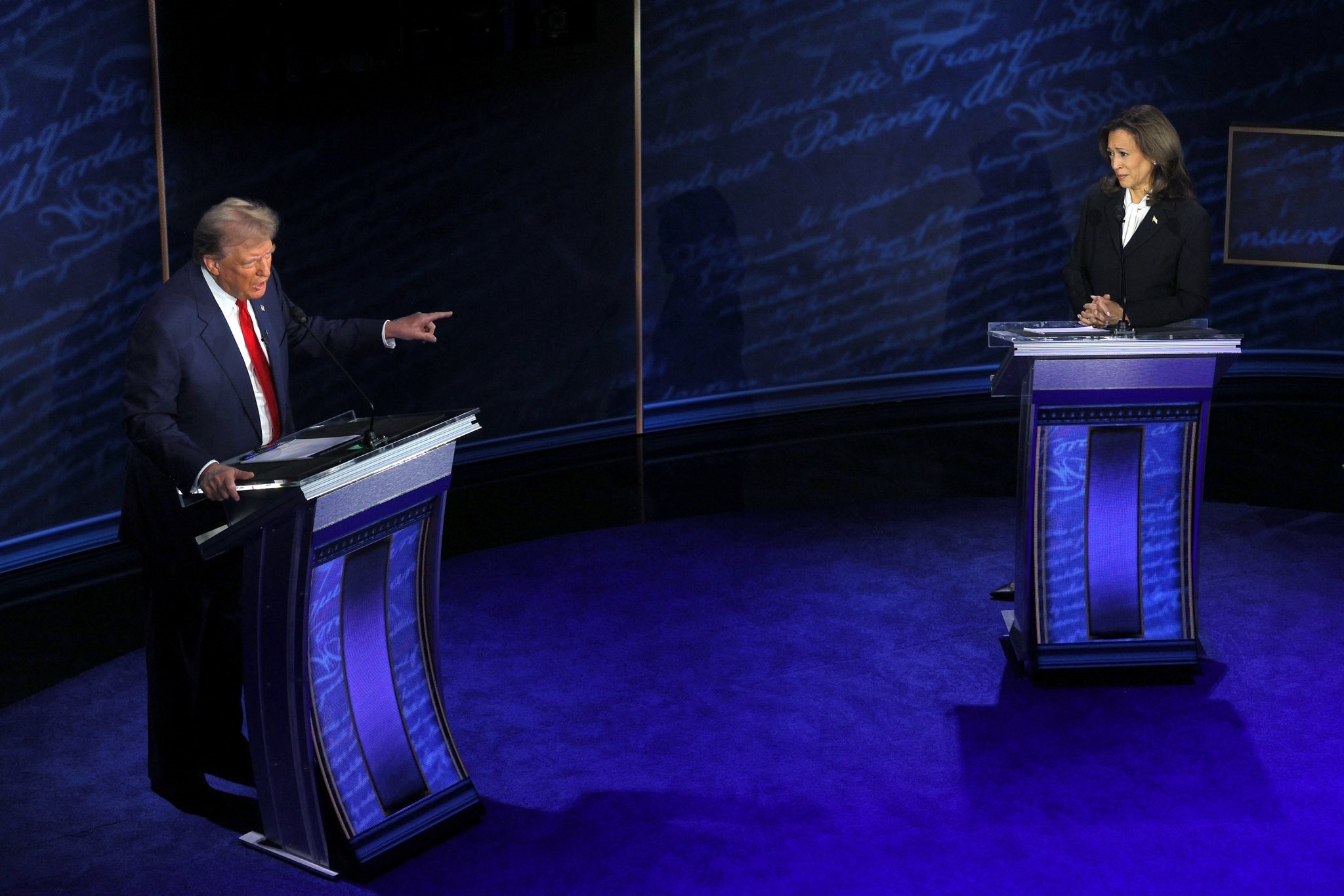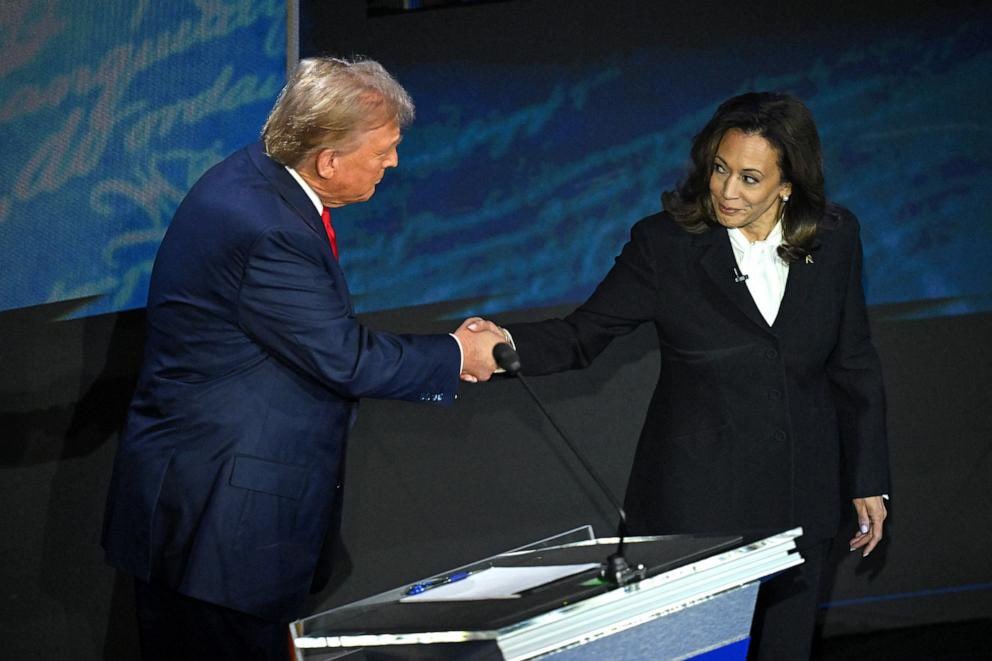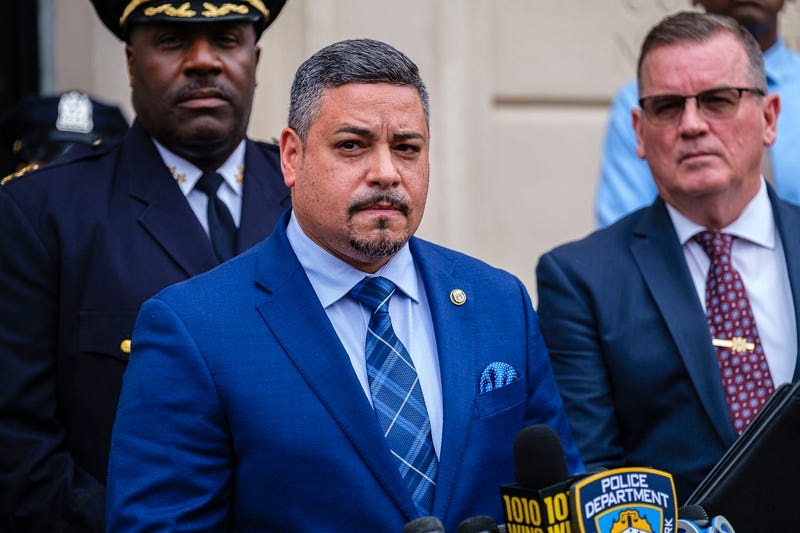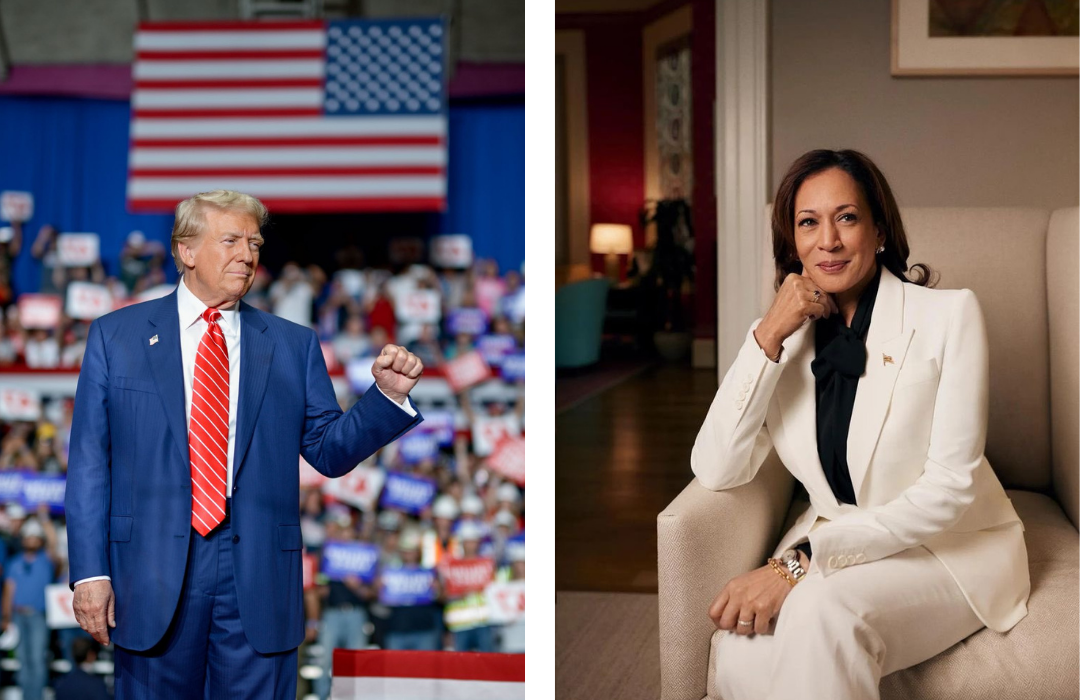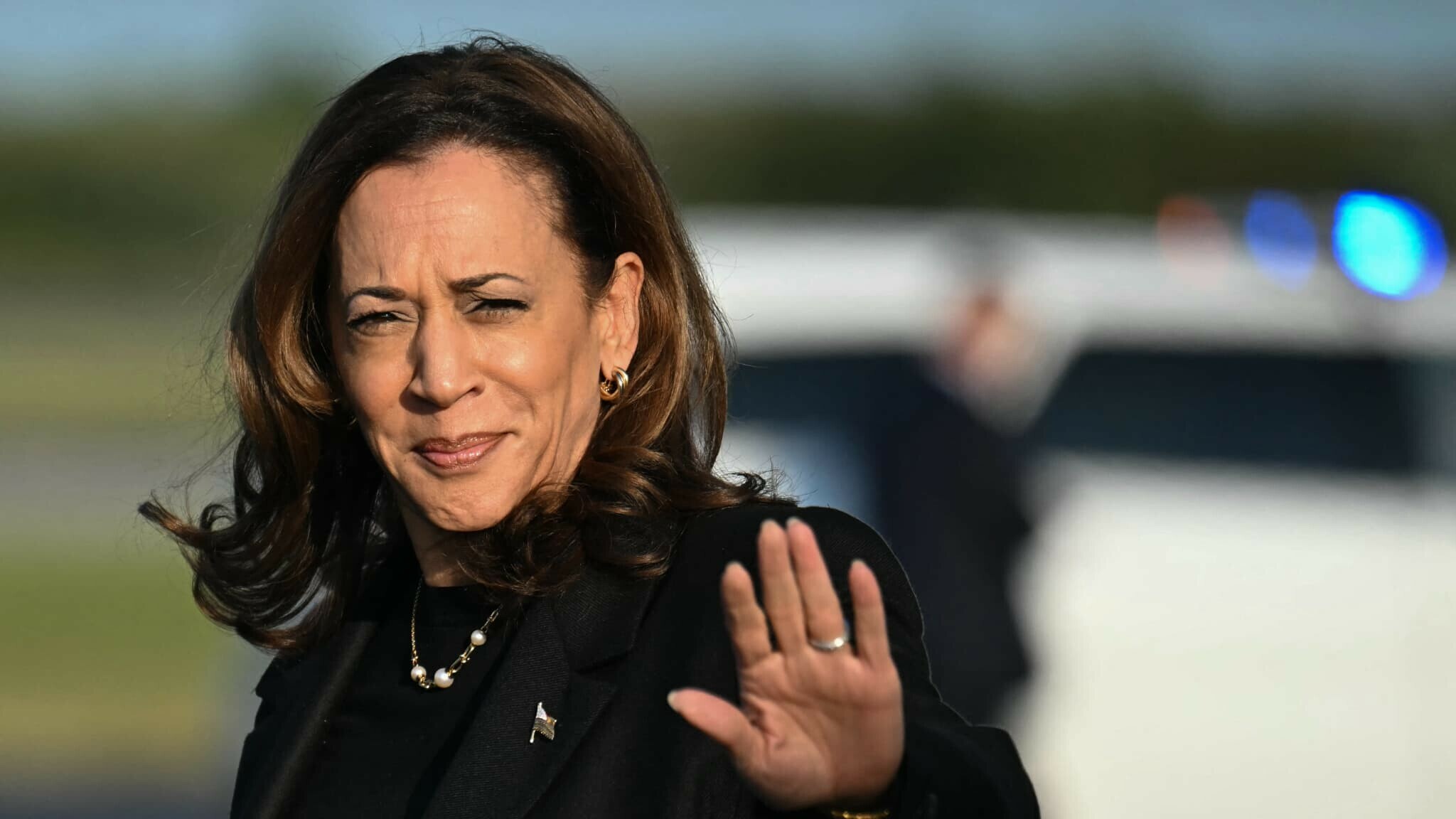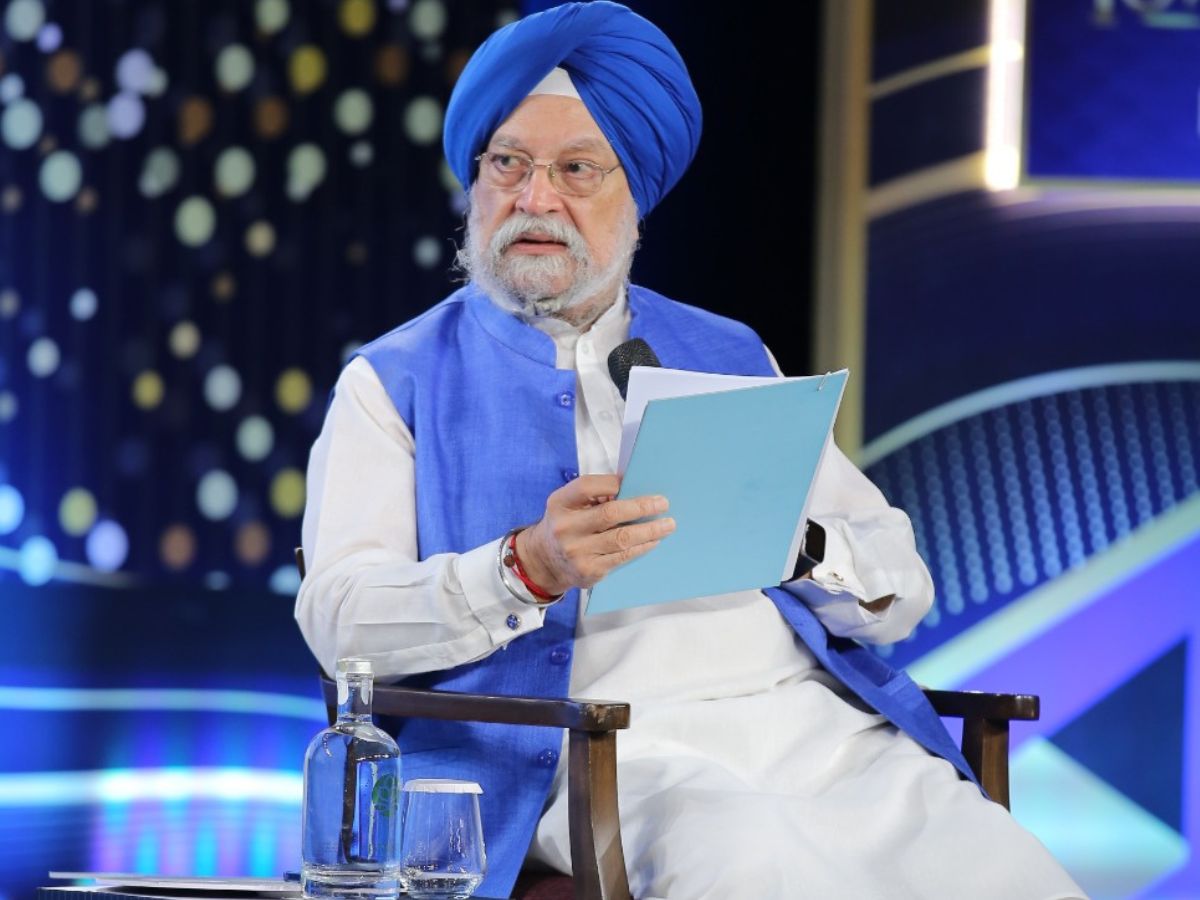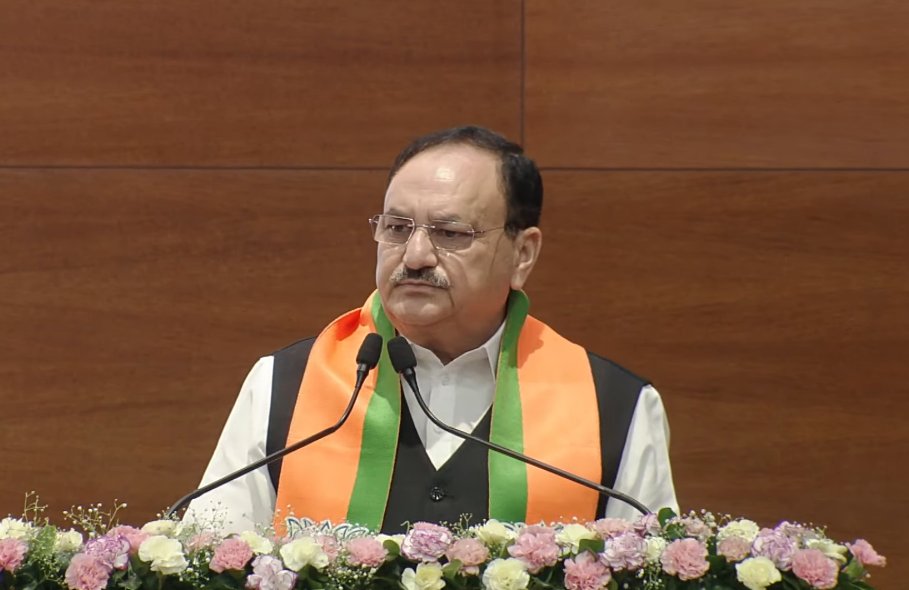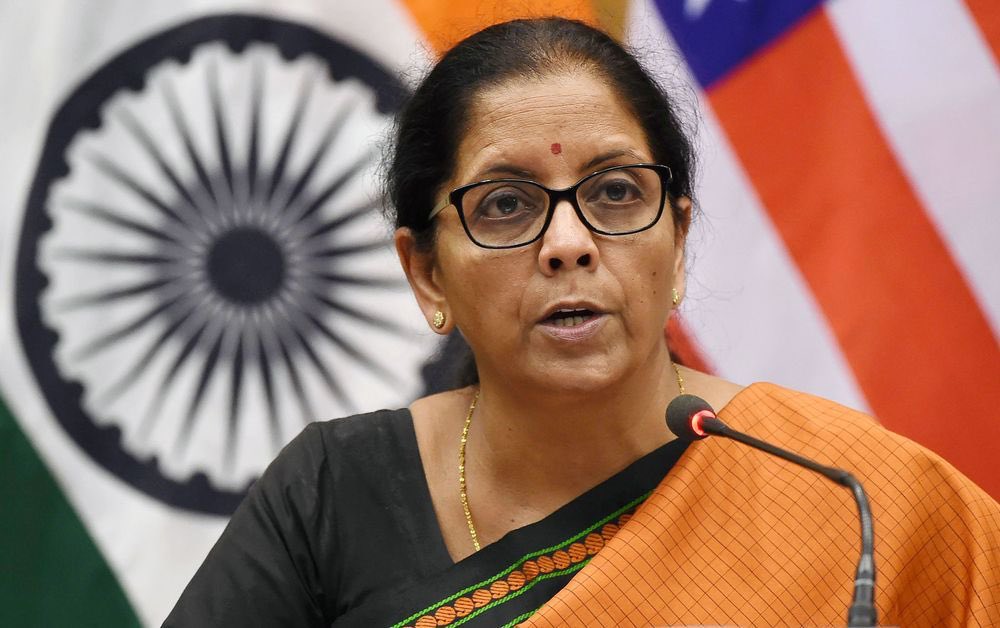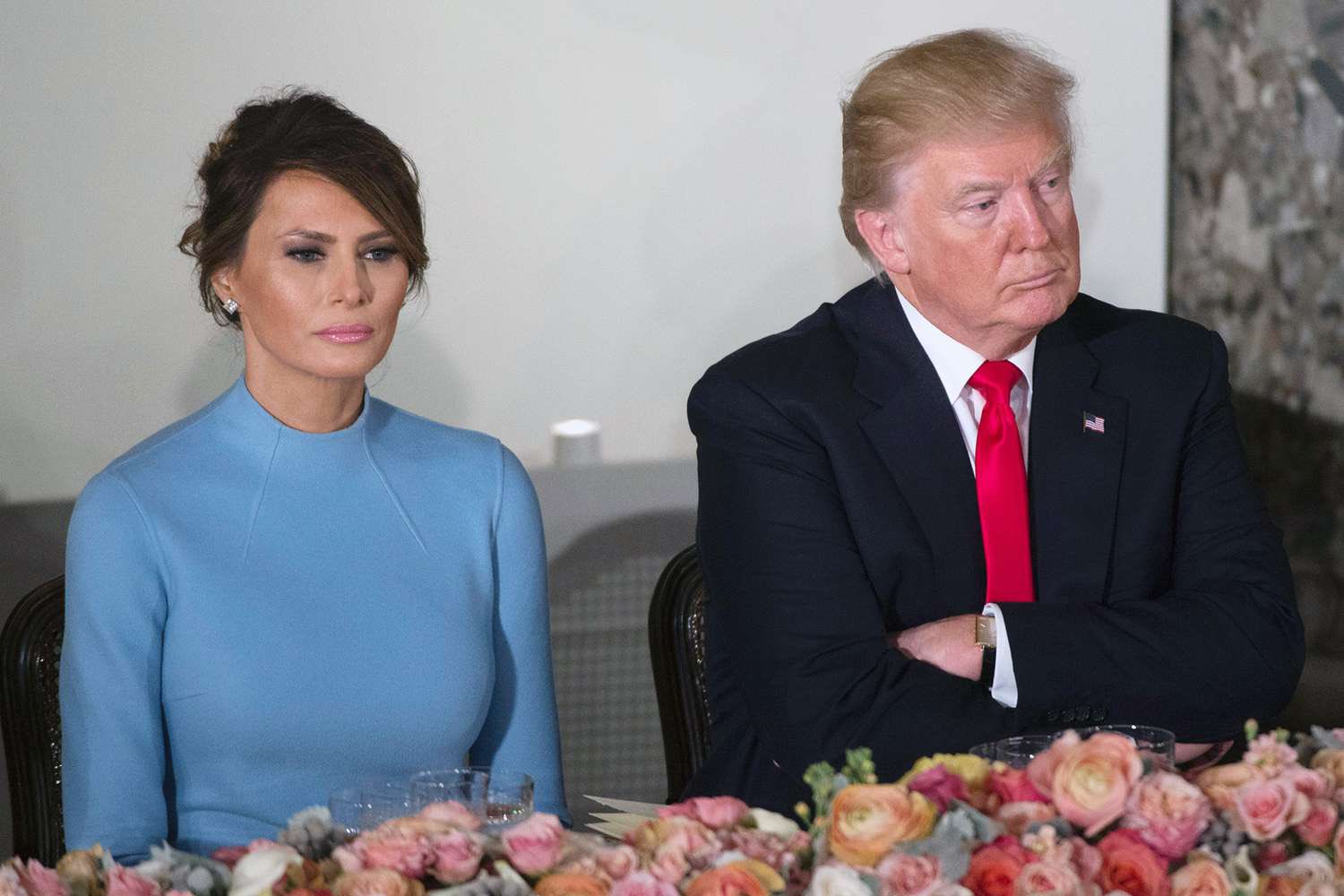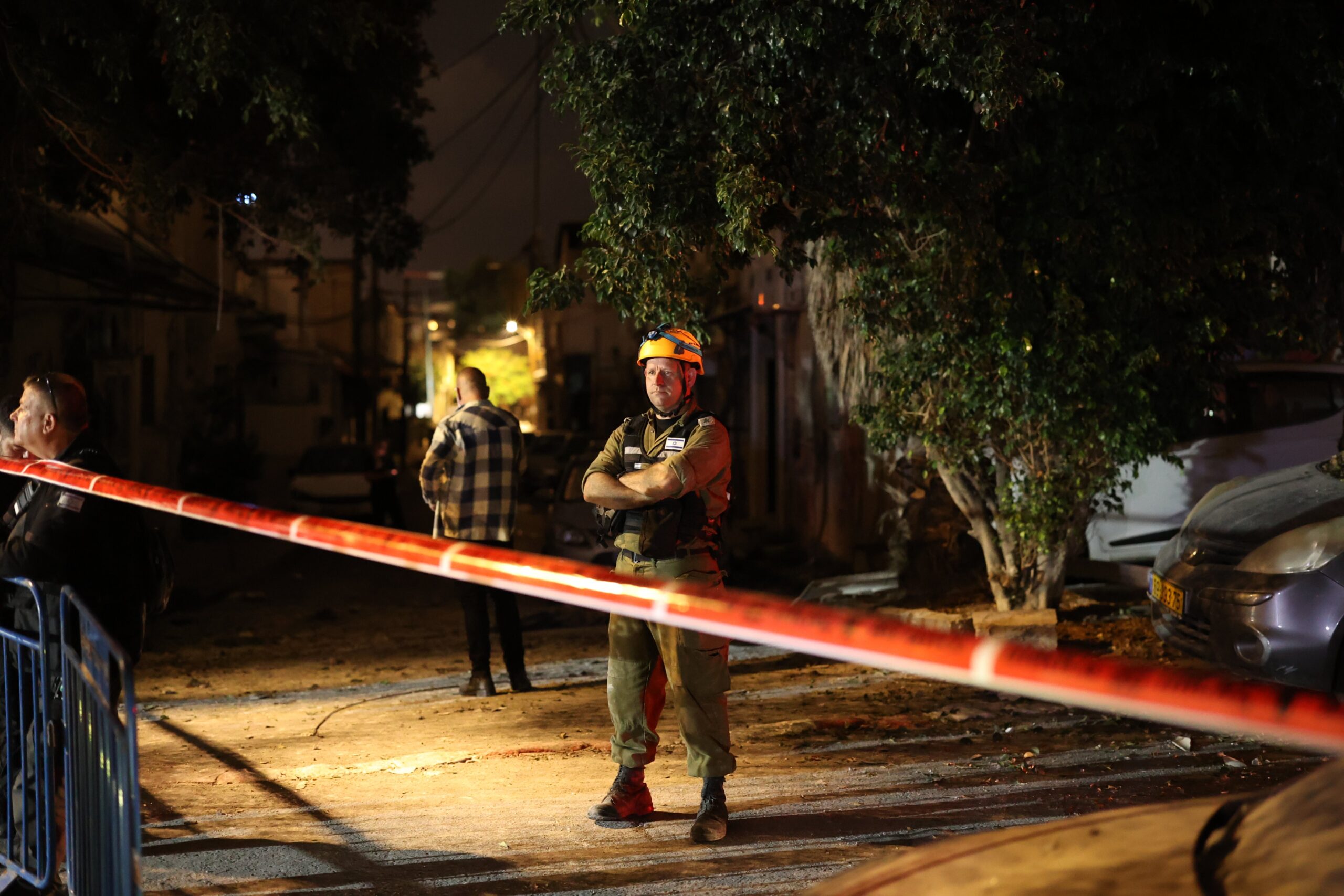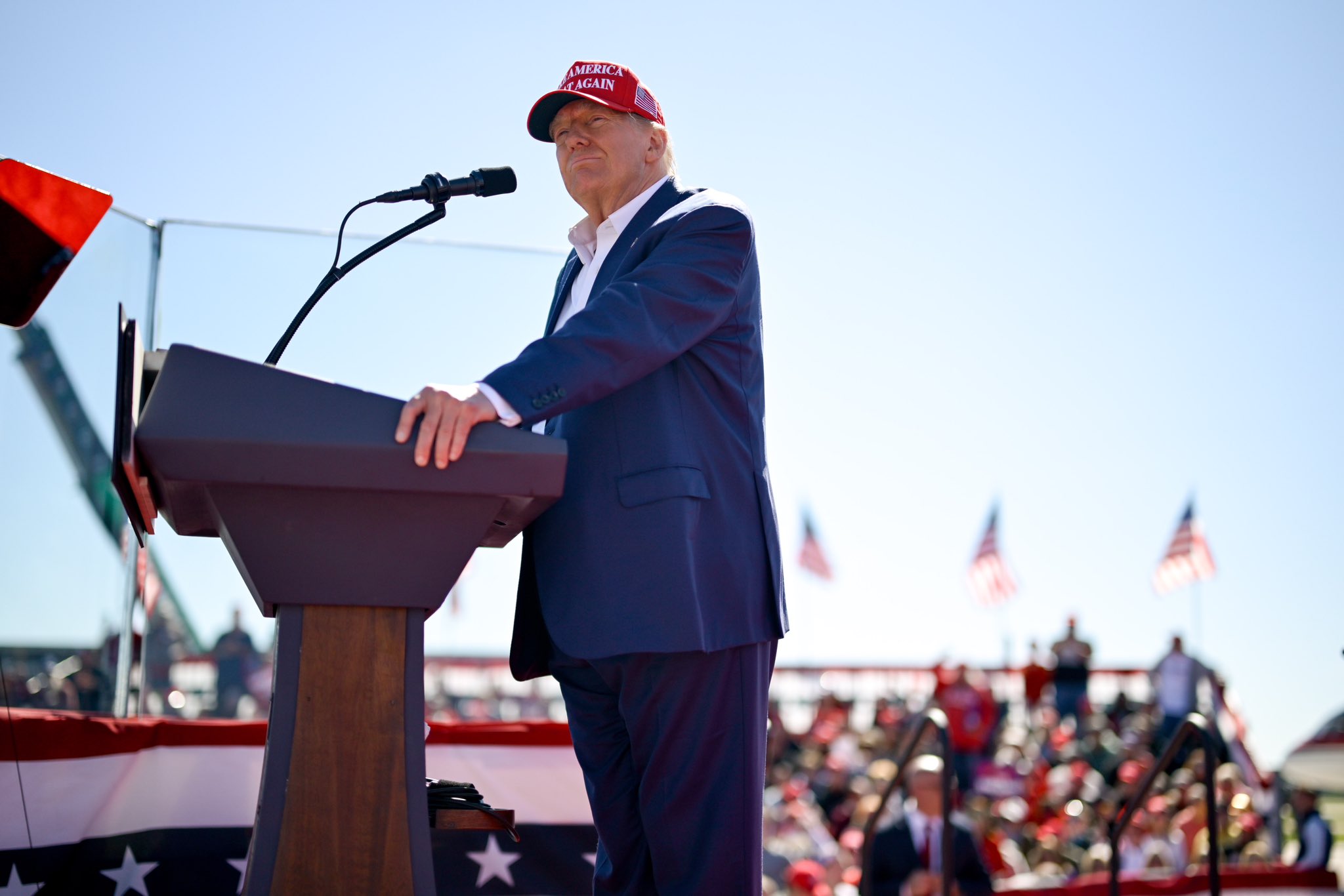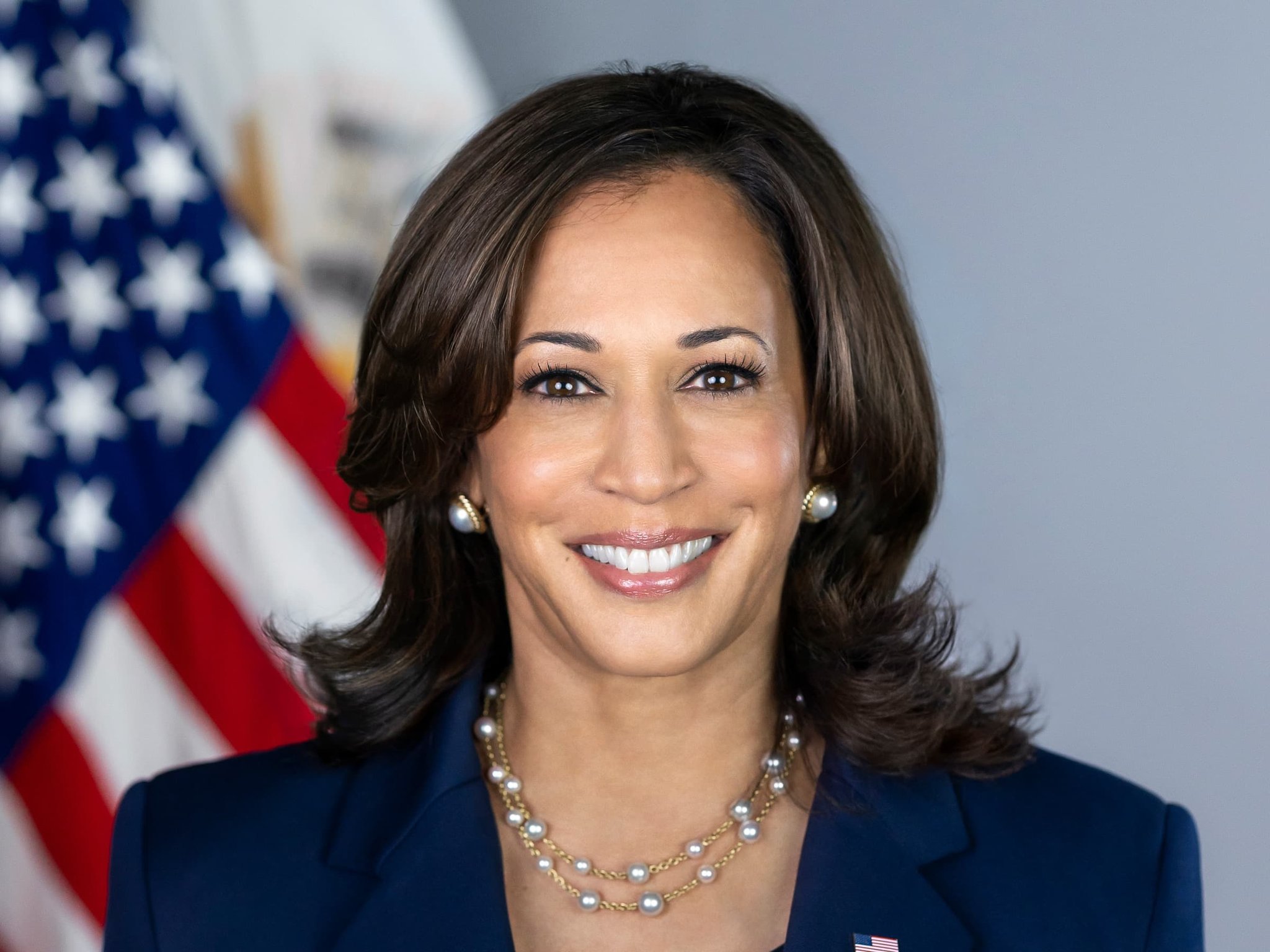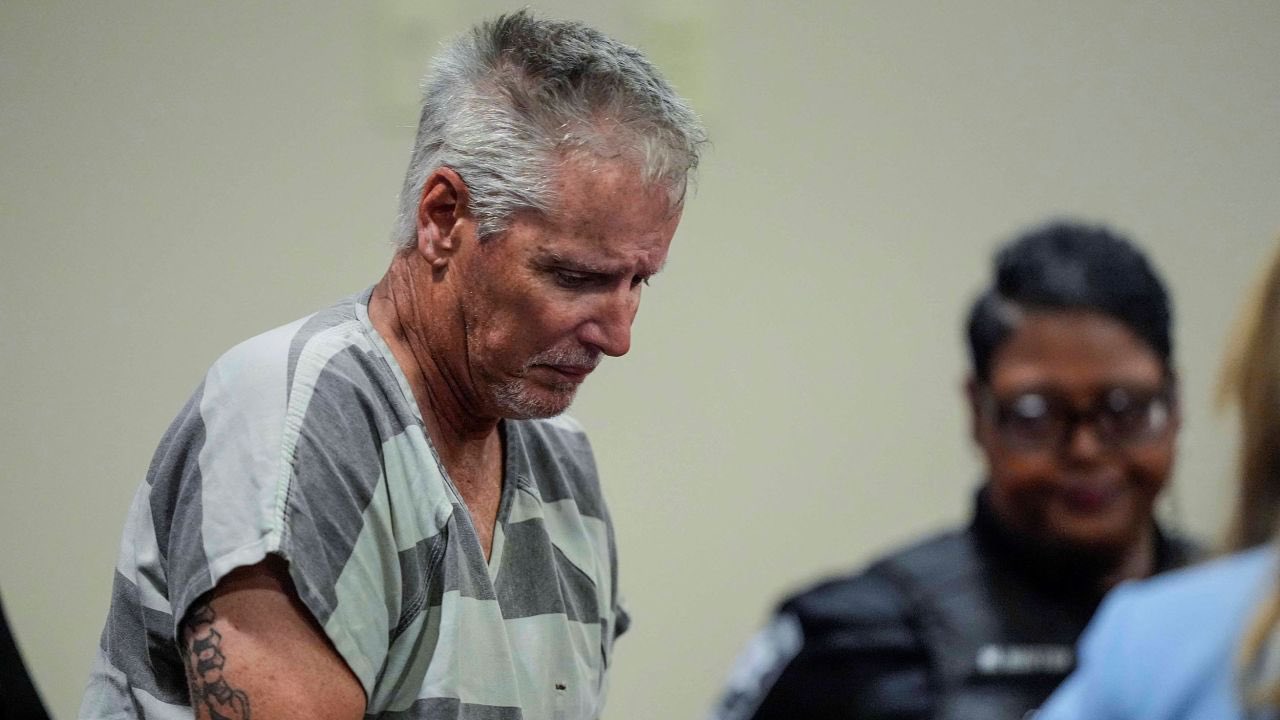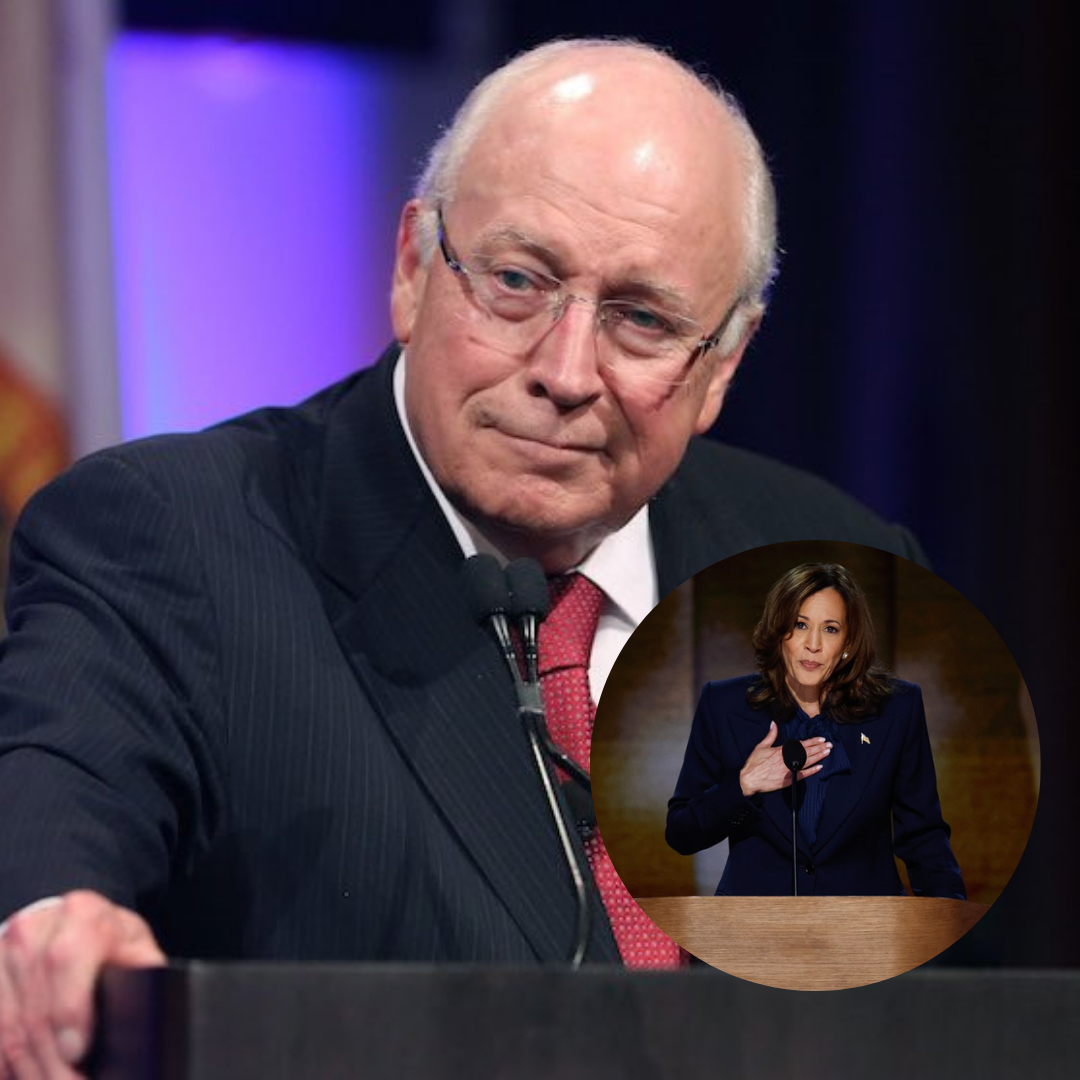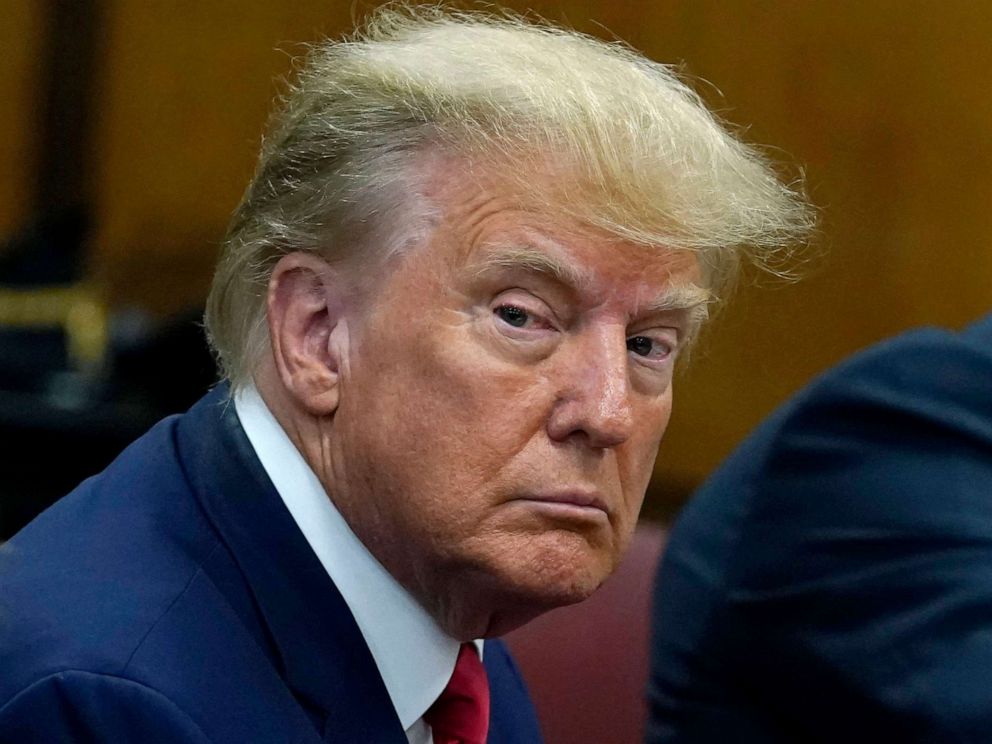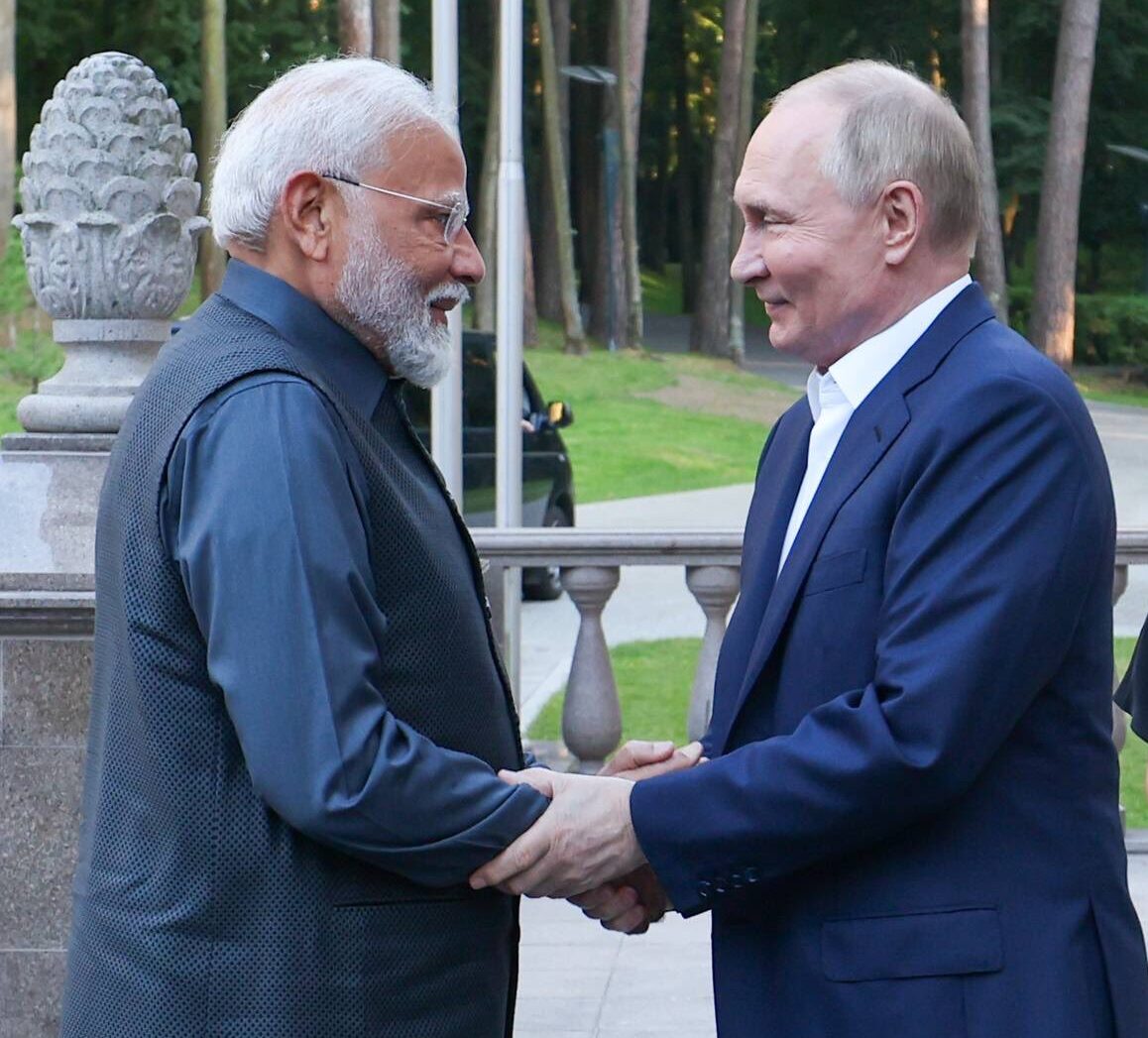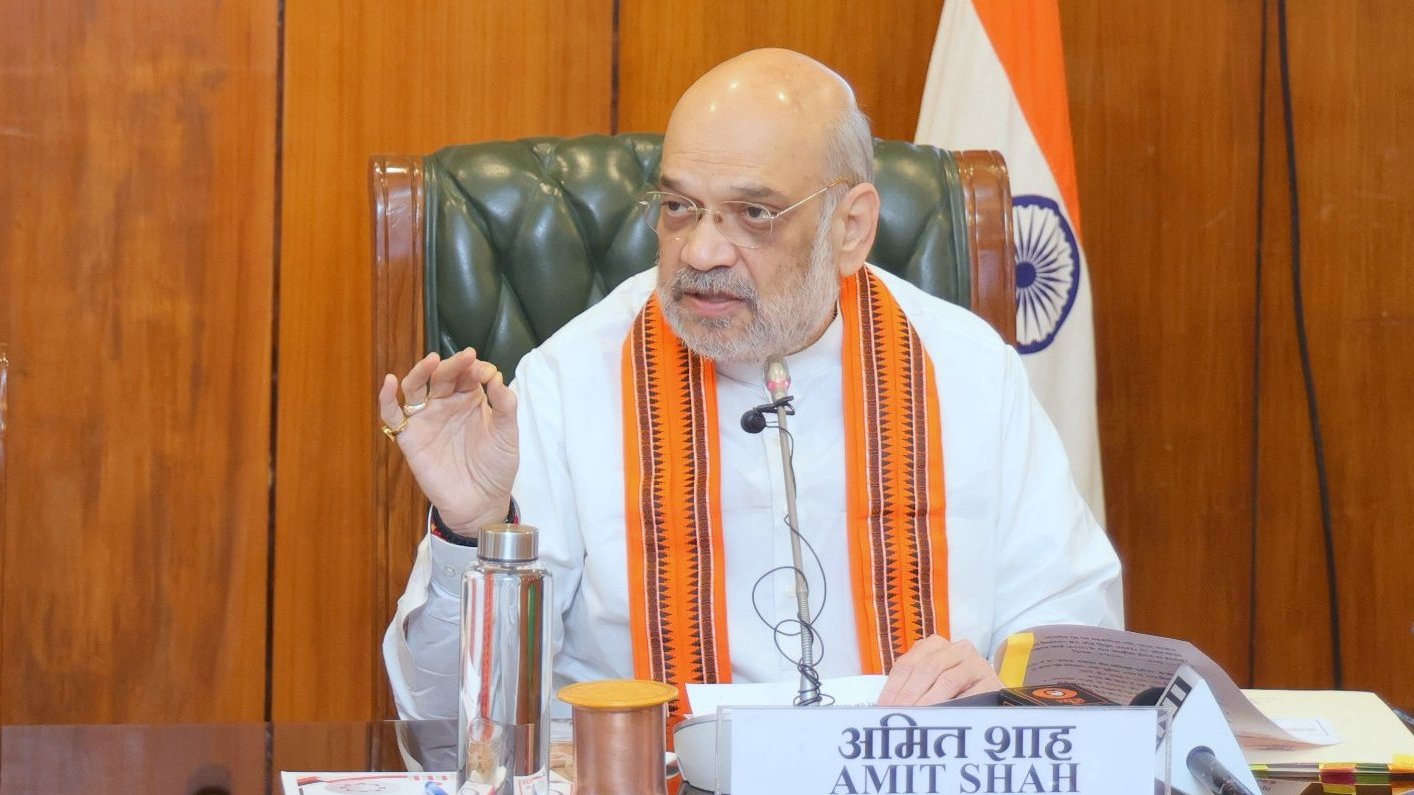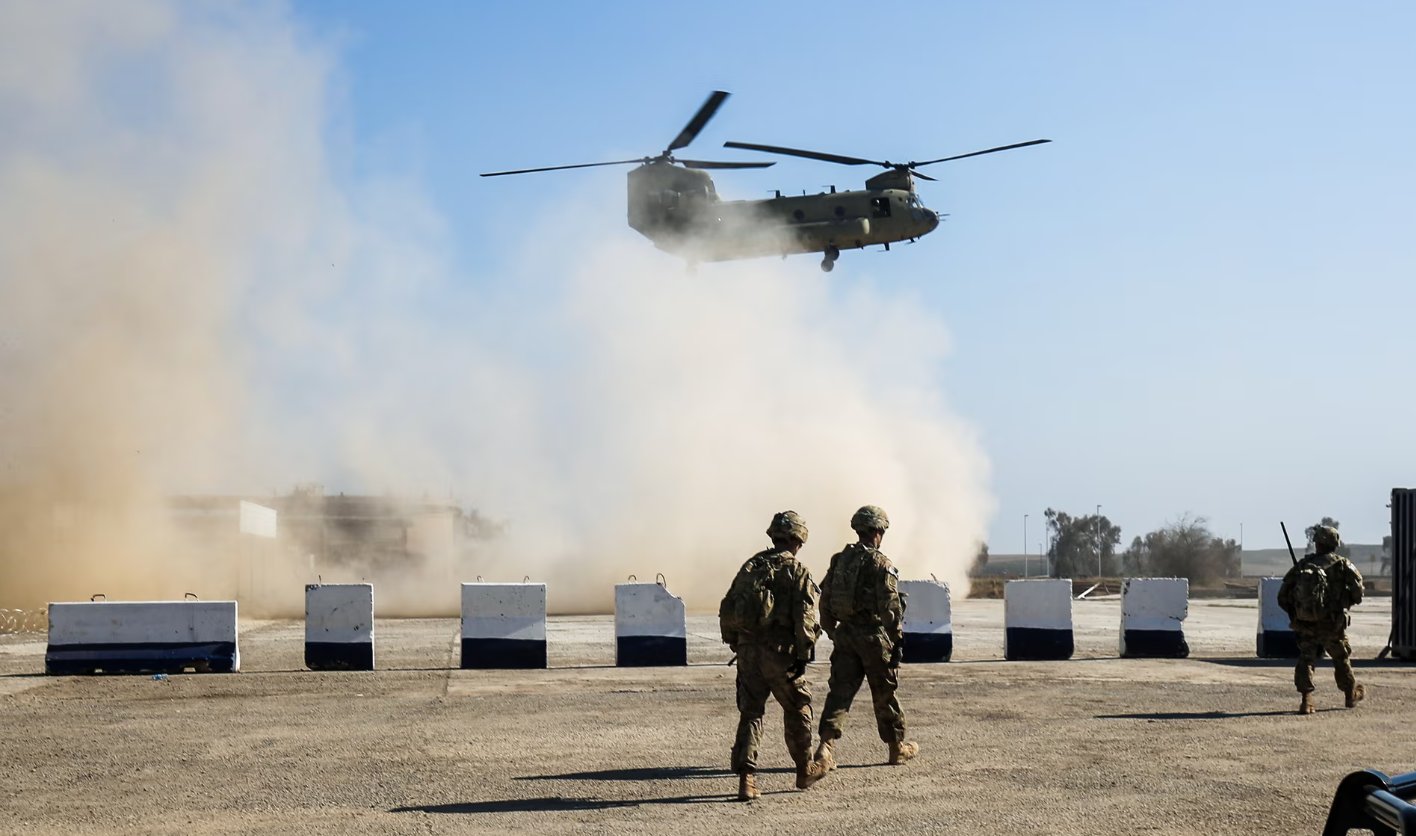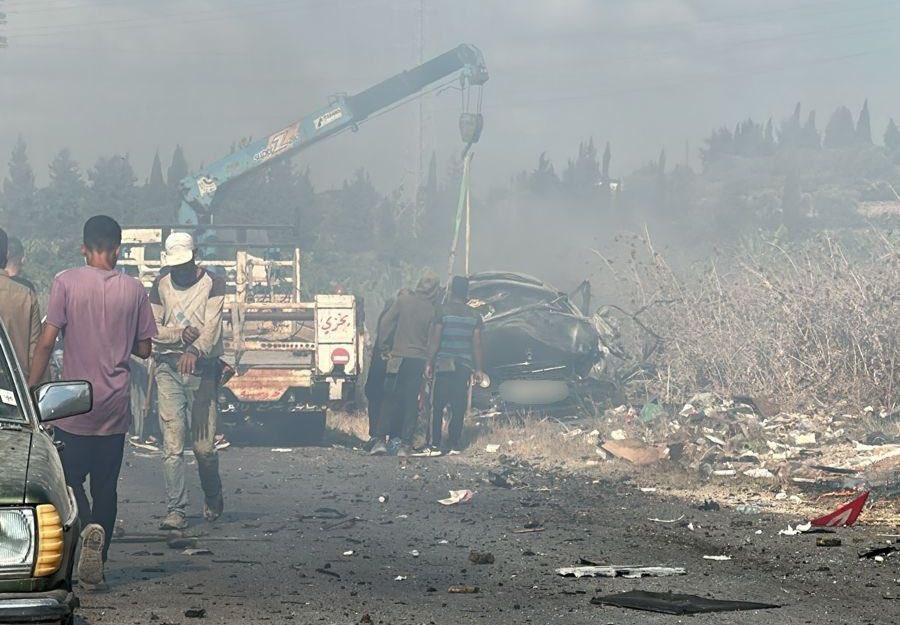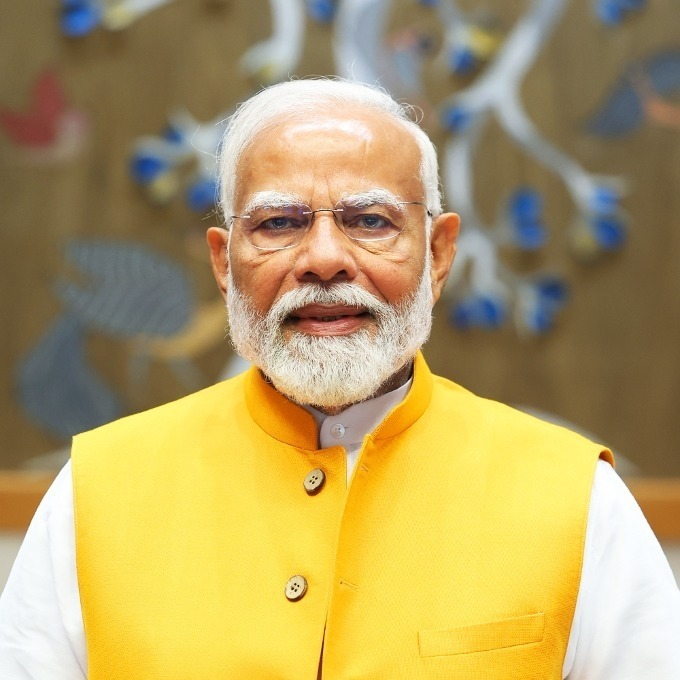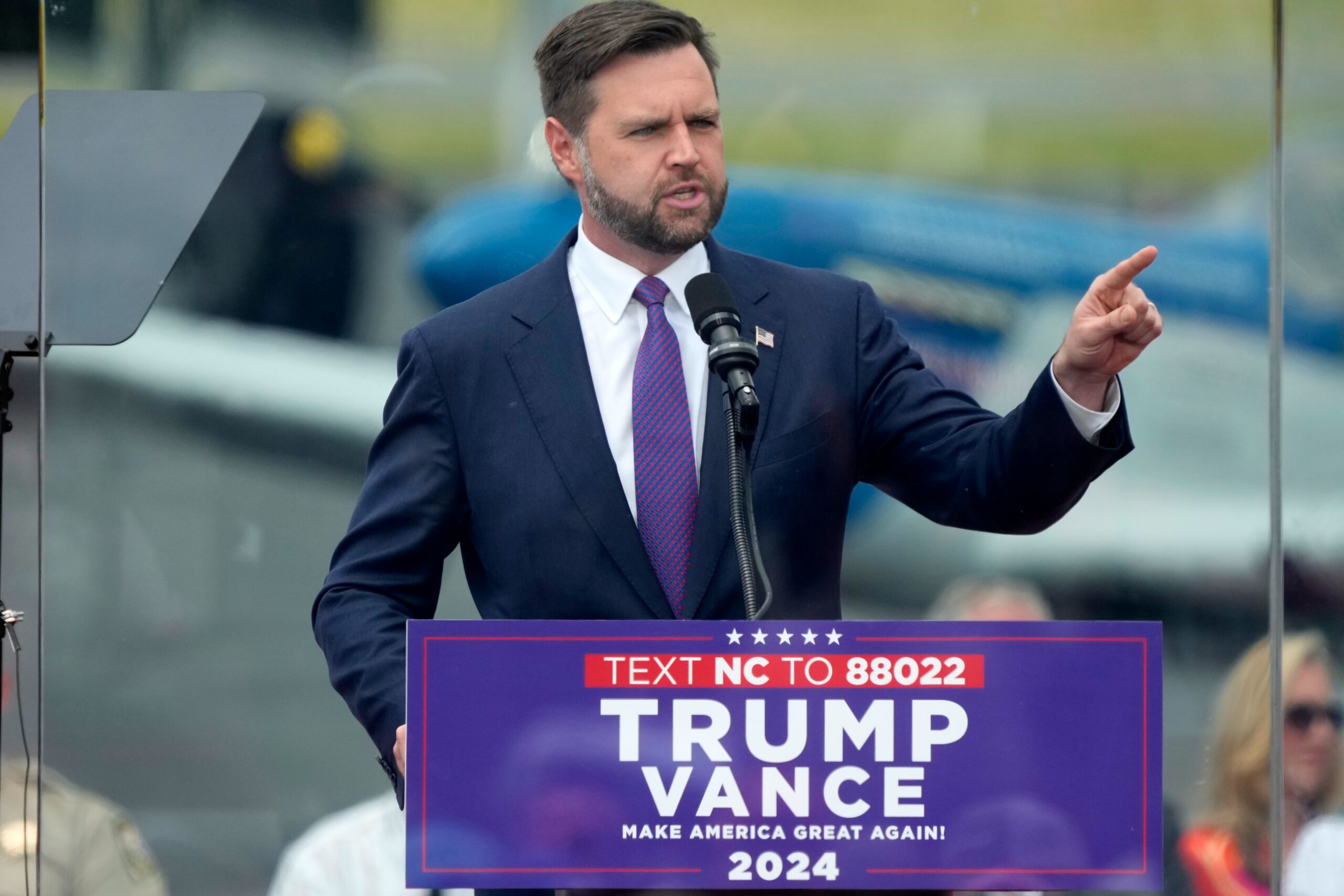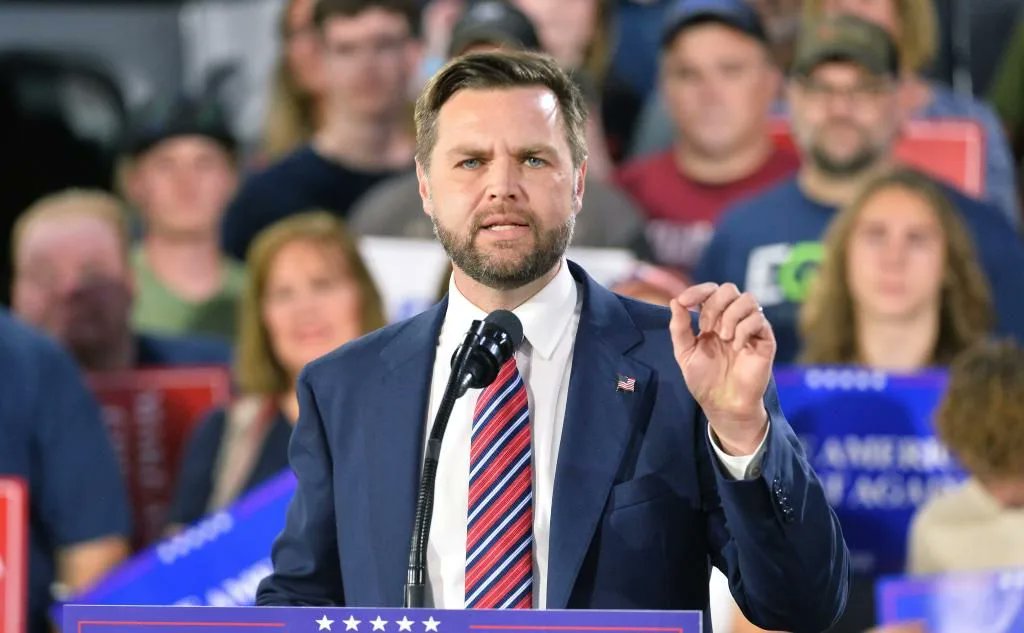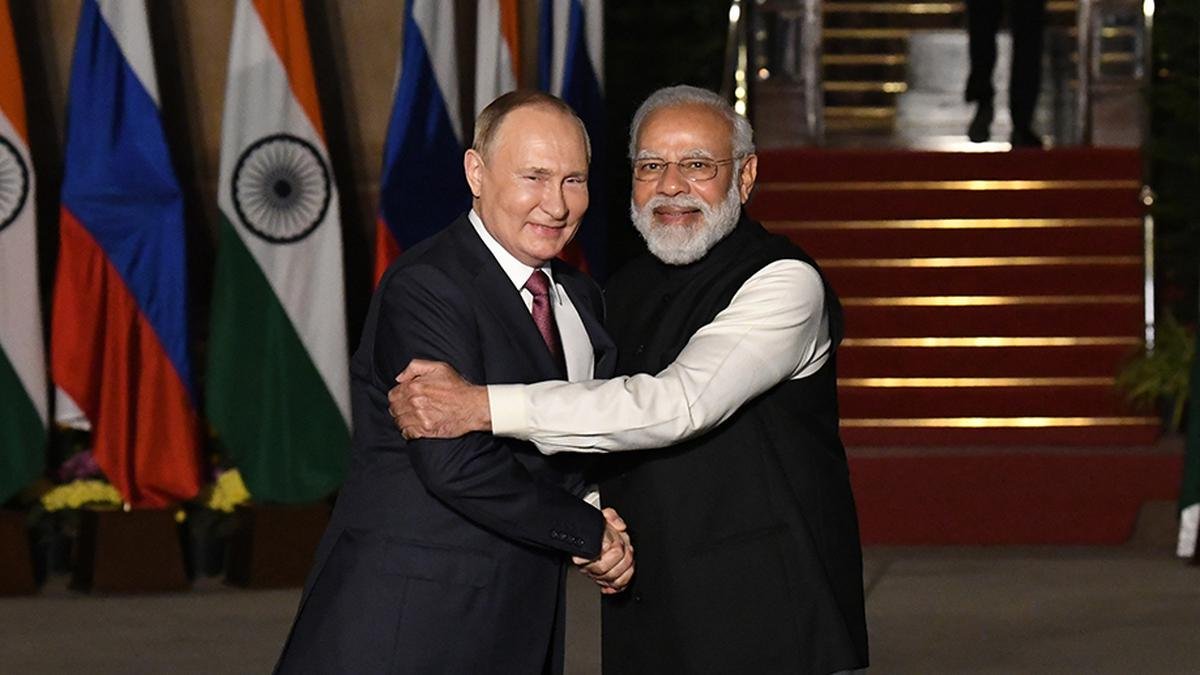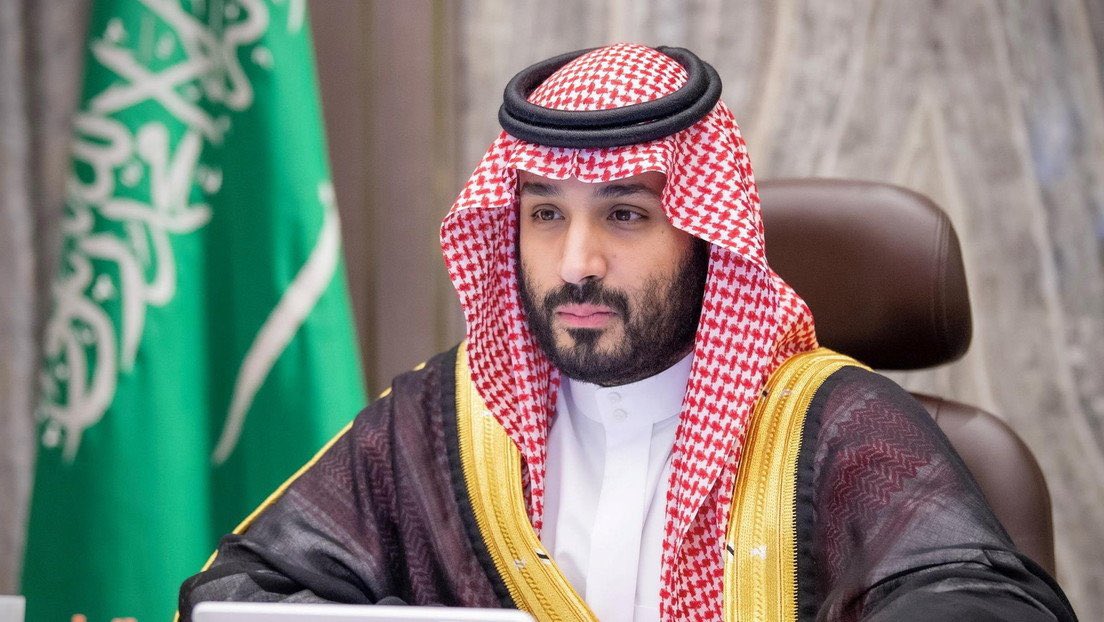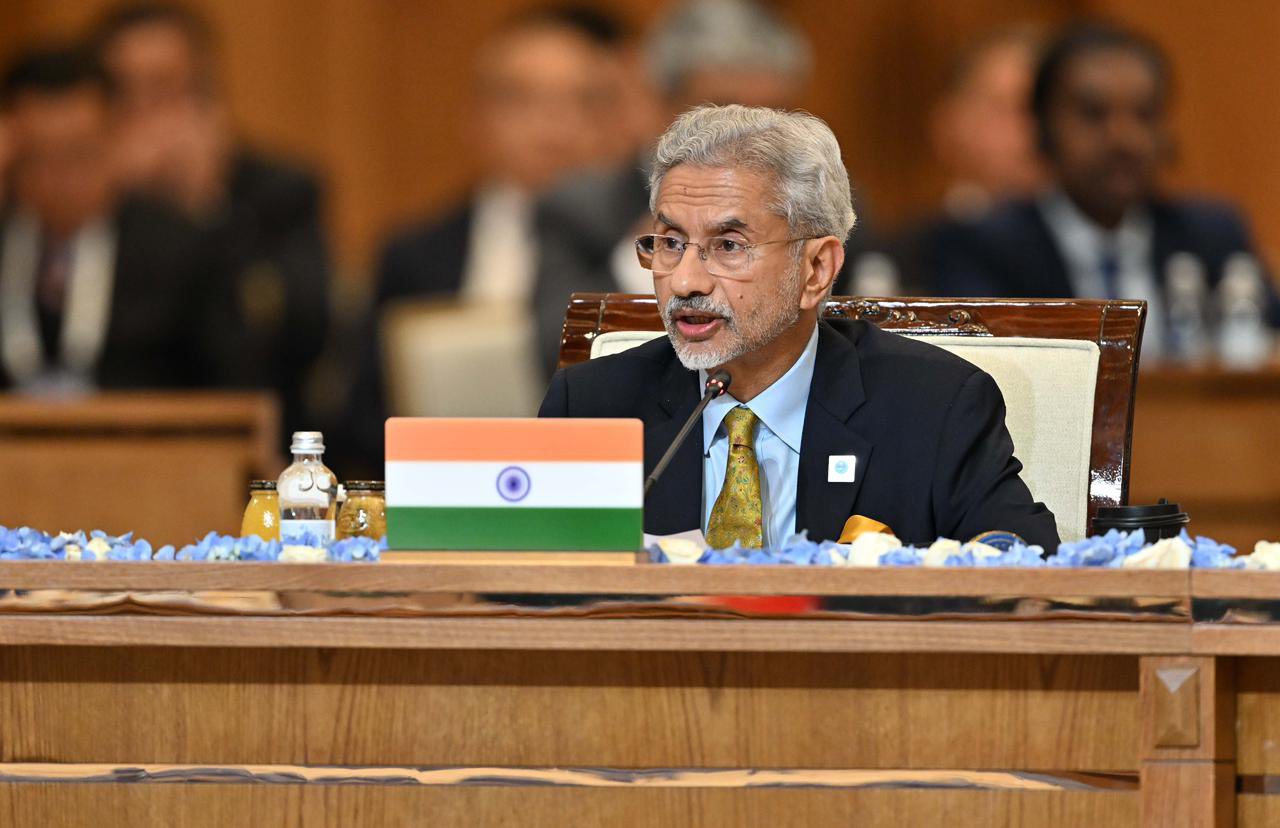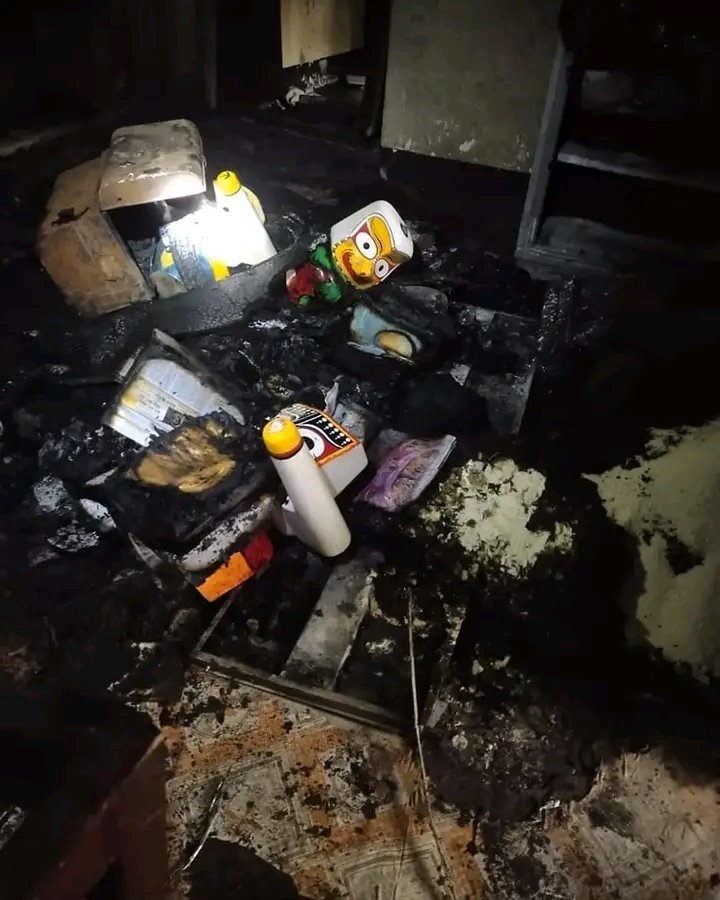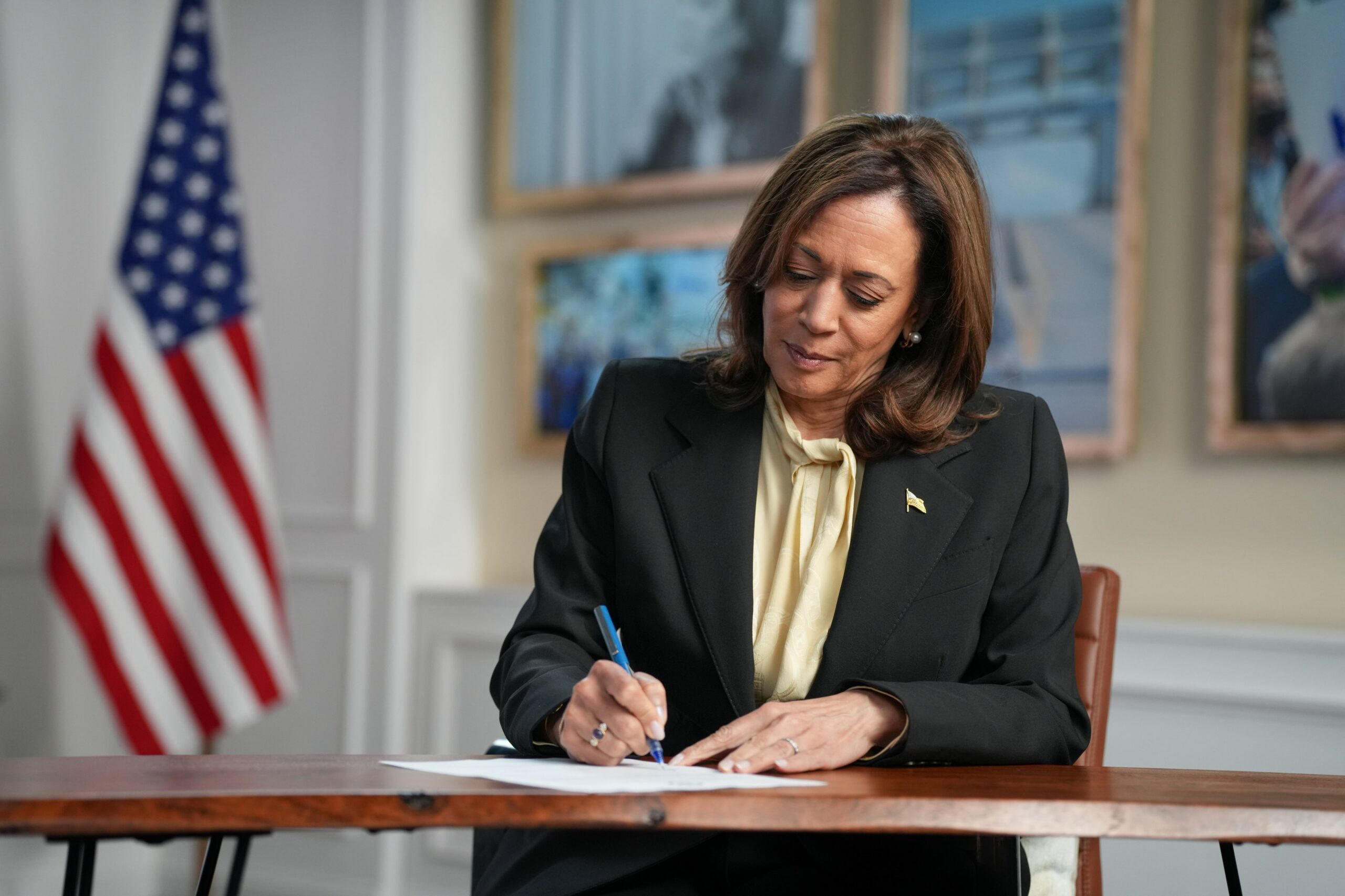In a significant development, U.S. President Joe Biden openly criticized Israeli Prime Minister Benjamin Netanyahu on Monday, stating that Netanyahu was not doing enough to secure a deal for the release of hostages held by Hamas in Gaza. Biden’s remarks have sparked debate and drawn attention to the fragile negotiations over a potential ceasefire in the nearly year-long Gaza conflict. The U.S. is reportedly close to presenting a final proposal to negotiators working on both a hostage deal and a ceasefire agreement.
Biden’s comments followed a tragic weekend during which Israeli forces recovered the bodies of six hostages, including 23-year-old American-Israeli Hersh Goldberg-Polin, from a tunnel in Gaza. The Israeli military reported that the hostages had been recently killed by Hamas militants, a development that has heightened tensions both within Israel and internationally.
Hostage Situation Puts Pressure on Netanyahu and Biden
The recovery of the hostages’ bodies has intensified criticism of both the Biden administration’s ceasefire strategy and Netanyahu’s handling of the situation. In Israel, there has been growing public outcry for the government to secure the release of the remaining hostages, further adding to Netanyahu’s challenges as he navigates complex negotiations with Hamas.
When asked by reporters at the White House whether he believed Netanyahu was doing enough to secure a hostage deal, Biden simply responded, “No,” without providing further details. The brevity of his response left room for interpretation but signaled a clear dissatisfaction with Netanyahu’s efforts so far.
Netanyahu, however, was quick to respond. During a press conference in Jerusalem, he appeared to push back against Biden’s remarks, suggesting that the pressure should be directed at Hamas rather than Israel. “And now after this, we’re asked to show seriousness? We’re asked to make concessions? What message does this send Hamas? It says, kill more hostages,” Netanyahu remarked, emphasizing that Hamas should be held responsible for obstructing a deal.
Netanyahu further expressed that he did not believe anyone seriously pursuing peace, including Biden, would ask Israel to make additional concessions. Instead, he reiterated that the onus was on Hamas to demonstrate a commitment to peace by agreeing to release the hostages.
U.S. Nears Final Proposal on Hostage Deal and Ceasefire
Despite the tensions between Biden and Netanyahu, there is a sense of urgency on both sides to reach a resolution. Biden hinted at progress, telling reporters that the U.S. was “very close” to presenting a final proposal for a hostage deal. When asked if he believed the deal would succeed, Biden remained hopeful, stating, “Hope springs eternal.”
Biden and Vice President Kamala Harris have been closely involved in the negotiations, recently meeting with the U.S. hostage negotiation team. According to a statement from the White House, Biden expressed “devastation and outrage” over the deaths of the hostages and discussed the next steps for securing the release of the remaining captives.
Biden’s criticism of Netanyahu comes at a delicate time, as both he and Harris face increasing pressure from within their own Democratic Party to take decisive action to end the nearly 11-month conflict in Gaza. The issue has divided Democrats, with many progressive members calling on Biden to place conditions on U.S. military aid to Israel, Washington’s most important ally in the Middle East.
Israeli and Hamas Responses to Biden’s Criticism
Biden’s comments about Netanyahu have drawn strong reactions from both Israeli officials and Hamas leaders. Senior Israeli sources described Biden’s remarks as “remarkable,” questioning why the U.S. president would pressure Netanyahu rather than Hamas leader Yahya Sinwar. These sources warned that Biden’s statement could be dangerous, especially in light of Hamas’s recent execution of hostages, including the American citizen.
In response to these concerns, a U.S. official clarified that while Biden holds Hamas responsible for the deaths of the hostages, he is also urging Israel to act with greater urgency to secure the release of the remaining hostages. This delicate balance of holding Hamas accountable while pushing for quicker action from Israel reflects the complexity of the situation.
On the Hamas side, senior official Sami Abu Zuhri took Biden’s criticism of Netanyahu as “American recognition that Netanyahu was responsible for undermining efforts to reach a deal.” Abu Zuhri expressed that Hamas would respond positively to any proposal that includes the establishment of a permanent ceasefire and the full withdrawal of Israeli forces from the Palestinian enclave.
However, Netanyahu has consistently blamed Hamas for obstructing any agreement. Over the weekend, he reiterated that “whoever murders hostages does not want a deal,” underscoring his belief that Hamas is the primary barrier to peace.
Public Pressure in Israel and the Role of International Mediation
As tensions mount, Israeli citizens have taken to the streets in protest, demanding that their government prioritize securing the hostages’ return. On Monday, for the second consecutive day, Israeli protesters demonstrated, and the country’s largest trade union launched a general strike aimed at pressuring Netanyahu’s government to reach a deal with Hamas.
International mediation efforts, primarily led by the U.S., Qatar, and Egypt, have been ongoing for months but have yet to yield a breakthrough. Biden first laid out a Gaza proposal in May, which has served as the foundation for negotiations. However, the stop-start nature of the talks has frustrated many, as the situation on the ground continues to deteriorate.
Biden and Harris Face Growing Domestic Pressure
In the U.S., Biden’s handling of the Gaza conflict has become a political flashpoint, particularly with the 2024 election approaching. Biden, who remains at the helm of the Democratic ticket with Harris as his running mate, is facing criticism from various factions within his party.
Progressive Democrats have been particularly vocal, urging Biden to place restrictions on U.S. arms sales to Israel or, at the very least, impose conditions that would ensure humanitarian aid reaches Palestinian civilians caught in the crossfire. The nearly year-long conflict has already caused significant loss of life on both sides, and many Democrats are calling for a more robust U.S. role in ending the violence.
Biden’s latest remarks about Netanyahu are likely to resonate with both his supporters and critics. While some may see his comments as a necessary push for accountability, others may view them as a sign of strain in the U.S.-Israel relationship, which has traditionally been one of strong military and diplomatic support.
As the negotiations continue, the world watches closely, hoping for a peaceful resolution that brings an end to the hostilities and secures the release of the remaining hostages. However, with tensions running high and the stakes even higher, the path to peace remains fraught with challenges.


